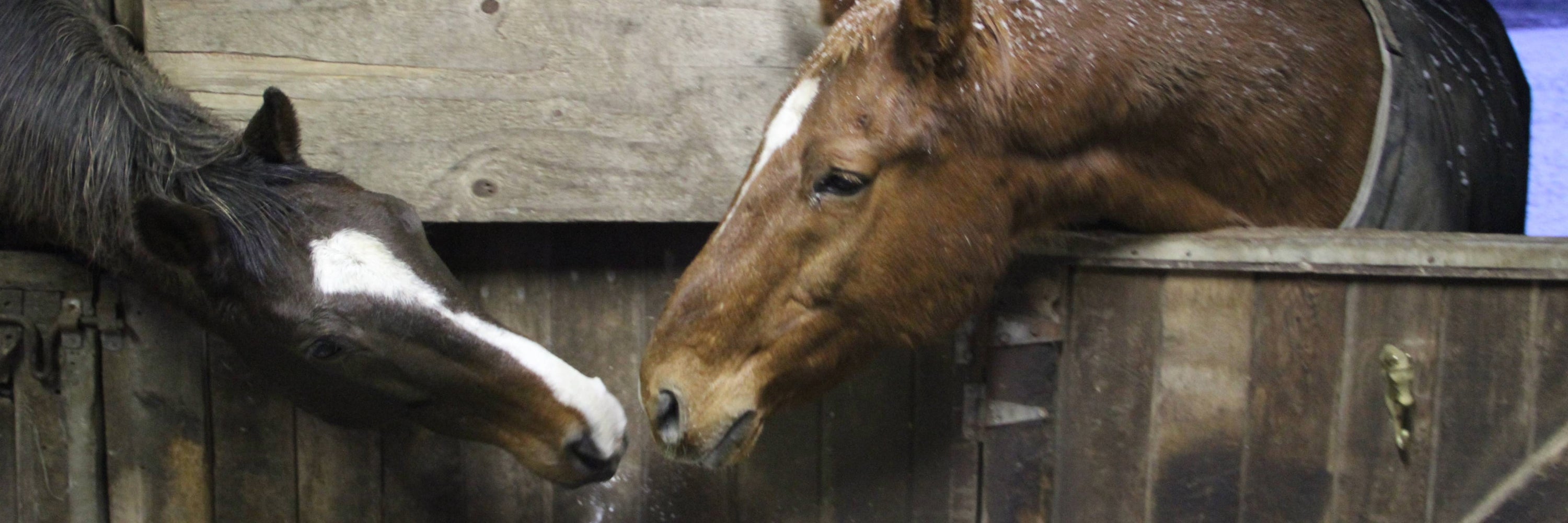
Holistic Solutions for Common Horse Health Challenges
Simple nutritional approaches for optimal horse health
Information At-A-Glance
-
Why what you feed your horse may be making them sick
-
Natural Deworming solutions
-
Nutritional approaches to skin, hair and hoof health
-
The right kind of salt block for your horse
-
And More!!
Shop Natural Horse Supplements
___________________________________________________________________________________________
Natural Horse Dewormer
- You can deworm your horse naturally by feeding small amounts of Poly Copper, Kelp and food grade Diatomaceous Earth daily. The copper and kelp work together to paralyze the mouth parts of the worms so they can’t feed, while the diatomaceous earth cuts into them. You should always perform at least once-yearly fecal egg counts to ensure your deworming protocol is working, no matter what treatment options you prefer/use.
Copper for Chestnut and True Black Horses
- Horses with chestnut or true black coat colors require twice as much copper as other coat colors. If you are feeding a commercial vitamin/mineral mix, your horse is probably not getting adequate amounts of copper, especially if he is chestnut or true black.
Copper, Selenium and Zinc for Healthy Horse Skin
- If your horse has skin issues—scratches, rain rot, fungus issues anywhere else on the body—there is a good possibility that he/she is deficient in copper, selenium and/or zinc.
Selenium Deficiency vs Selenium Toxicity in Horses
- The signs of selenium deficiency are the same as the signs of selenium toxicity: skin fungus issues, decreased immune function, sore/stiff muscles, brittle mane and tail hair, fertility issues.
Natural, Homemade Fly Repellent for Horses
- Food grade diatomaceous earth fed daily during the spring and summer months will decrease fly populations around your farm. Add some apple cider vinegar and garlic granules to the mix and your horse will produce his own natural fly-repellant.
- Additionally, Black Cumin Seeds are a highly effective natural feed through fly control for horses. They also contain the most effective essential oil for natural fly repellence. Learn more about Black Cumin for horses natural fly control here.
Essential Minerals for Horses with Metabolic Issues
- If your horse has been diagnosed with Cushing’s, Equine Metabolic Syndrome, or Insulin Resistance, there are three supplements that should be added to his feed daily: Cinnamon, Chromium, and Magnesium. The cinnamon inhibits the release of the hormone ACTH from the pituitary gland and it supports healthy blood sugar levels; the chromium is important for blood sugar support and encouraging the body to use fat stores for fuel, rather than storing it in patches throughout the body; and magnesium is important for fat reduction, proper muscle and nerve function.
- Black Cumin Seeds are also gaining in popularity for their many health benefits. Including their ability to support horses with metabolic issues. Learn more about Cumin for Horses here.
Never Feed Magnesium Oxide to Horses. Check your feed and supplement labels!
- Never feed Magnesium Oxide if your horse is also being fed alfalfa in any form as the combination of the two can lead to enterolith formation in your horse’s digestive tract. If your horse is being fed any alfalfa, use Magnesium Malate or Bioplex Magnesium as opposed to Magnesium Oxide.
- Learn more about enteroliths in horses here.
Safe, Effective, Natural Treatment for Horse Hoof Abscess
- At the first signs of a hoof abscess (sudden, unexplained lameness), if you feed Devil’s Claw Plus ( Uckele Nutrition) the abscess will usually resolve on its own without further treatment. When a hoof abscess begins to form, the veins in the feet and legs shunt closed to keep the toxins in the hoof from spreading throughout the body. That process is how an abscess forms, grows and finally ruptures. The entire process causes intense pain for the horse. Devil’s Claw Plus treats pain and inflammation, but it also encourages the veins in the feet and legs to open, thereby facilitating healthy blood flow into and out of the hoof (toxins out, fresh blood supply in). If caught early enough, we have found that this works every time. Within one or two hoof trimming appointments, you will find a clean, dry hole where the abscess was trying to form but did not. If you aren’t able to catch the problem early, you will have to go through the standard procedure for treating a hoof abscess: soaking the foot in Epsom salts and warm water daily, packing the hoof in icthammol or Reducine and wrapping in Vetrap until the abscess ruptures either through the coronet band or sole of the hoof. In this case, the Devil’s Claw Plus is still recommended and may speed up the entire process, returning your horse to soundness sooner and easing his pain in the meantime.
Cabbage is a Highly Effective Treatment for Horses with Ulcers
- Cabbage is a fabulous ulcer treatment. Omeprazole, the active ingredient in OTC and prescription ulcer preparations, is derived from cabbage. Feed about ¼ head shredded or chopped, per day mixed into the feed ration. Horses love it and will even pick it out to eat first. Feed for 30 days. Because cabbage and Omeprazole deplete calcium stores, it is recommended you also feed some alfalfa or stabilized rice bran along with the cabbage. You can repeat this process if your horse starts exhibiting signs of ulcer pain again, as long as you don’t feed it for more than 30 days per treatment period.
- Learn more about Cabbage for Horses with Ulcers here.
Choosing the RIGHT Salt Block For Horses
- Those square, mineralized salt blocks you give your horse are actually formulated for cattle. Himalayan salt licks, on the other hand, mimic a horses’ electrolyte profile perfectly and their smooth surface is easier on the equine tongue.
Detoxifying Our Horses is Essential in North America
- The hay we feed our horses today is not the same hay we fed our horses decades ago. This is why we now have to feed good vitamin/mineral supplements. All crops, not just hay, used to be very nutritious giving us and our horses all the vitamins and minerals we needed to thrive. Unfortunately, modern farming practices, coupled with phosphatic fertilizers and chemicals used for pest and weed control (Round-Up), have created a condition where all of the valuable minerals are driven deep underground while heavy metals and toxins are drawn up into the plants. This has caused a chronic situation where the mainstay of our horses’ diet is now deficient in the vitamins and minerals he needs to survive, while also being replete with heavy metals and glyphosate that will cause him great harm. This is why we need to feed our horses adequate vitamins and minerals for the area of the country we are living in and why implementation of a comprehensive heavy metal and glyphosate detox protocol is warranted for our horses at least twice a year. For more information about our equine heavy metal and glyphosate detox protocol, please contact us.
Learn More:
- Ginger Lee's Story - One dog's battle with Hemangiosarcoma. Given just weeks to live, find out how we got four more years ... and counting!
- Colic In Horses - Early warning signs and symptoms, plus the single most important product no horse owner should be without. This information just might save your horses life.
- Our Founders Story - 40+ years of suffering from autoimmune diseases and the simple holistic supplement that changed everything.

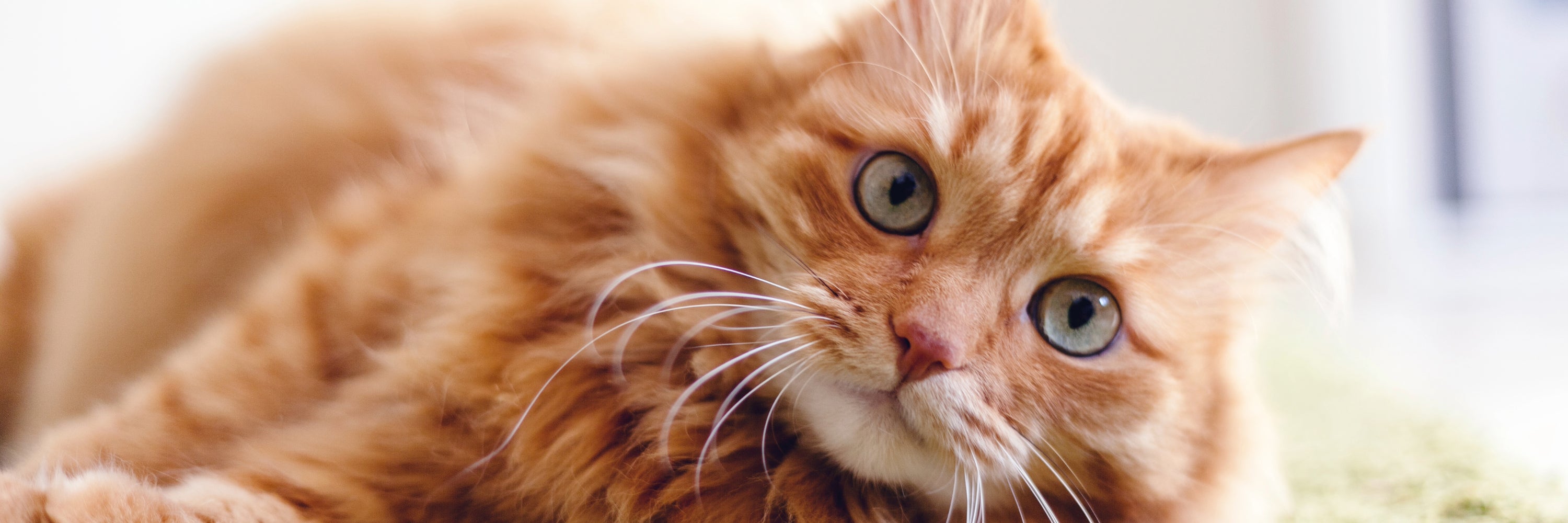
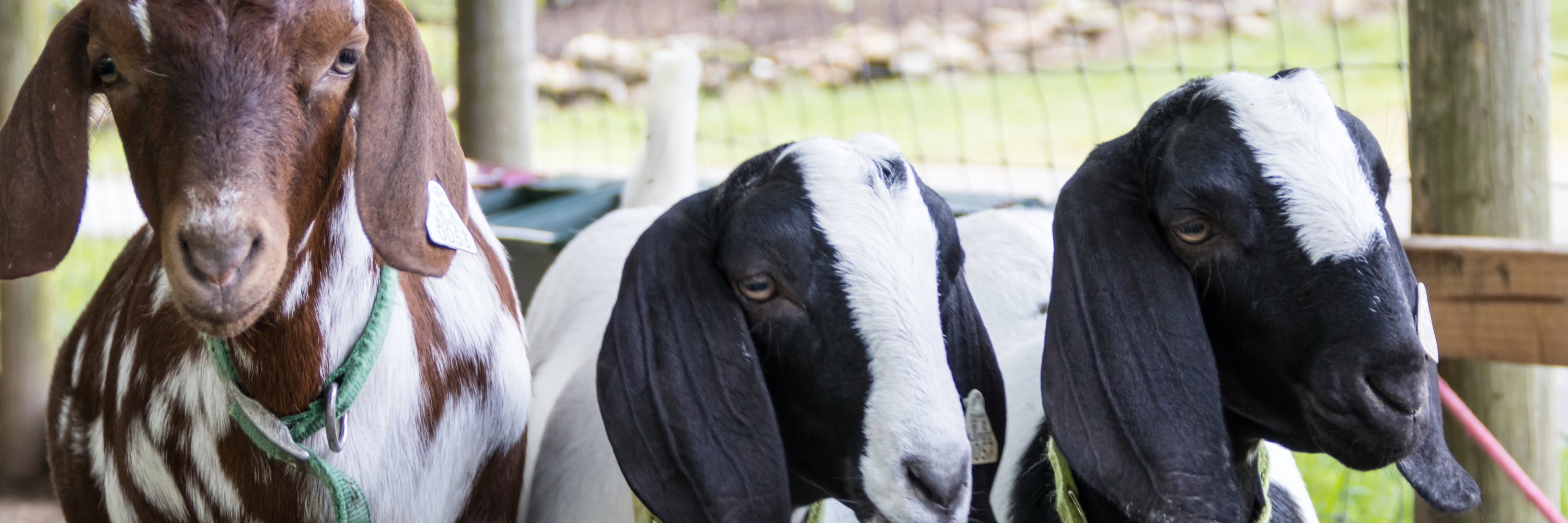
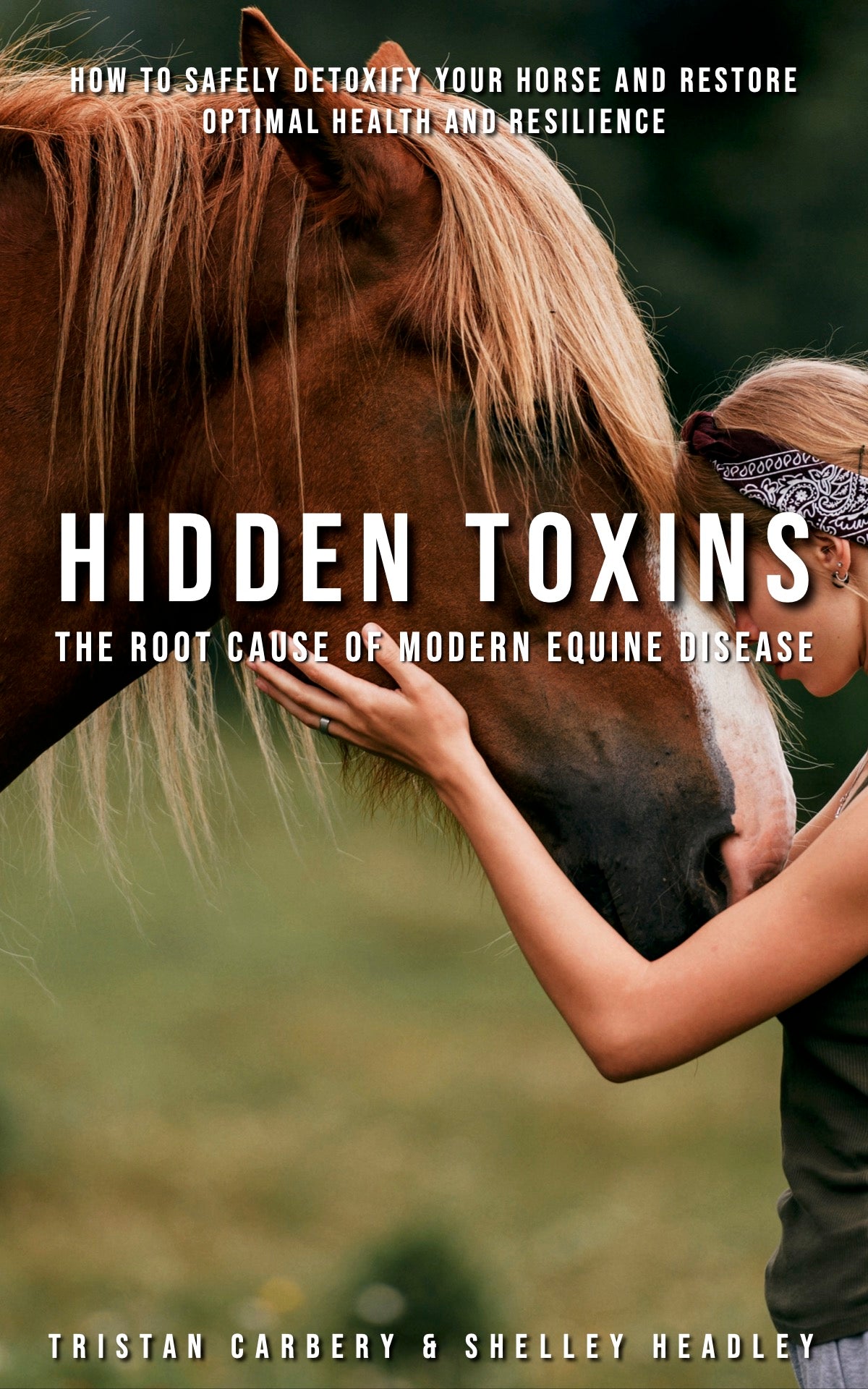
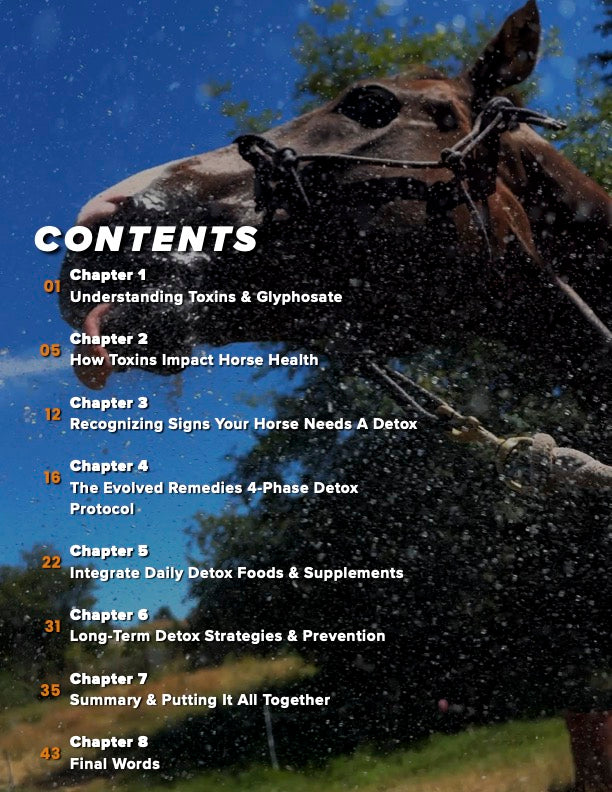
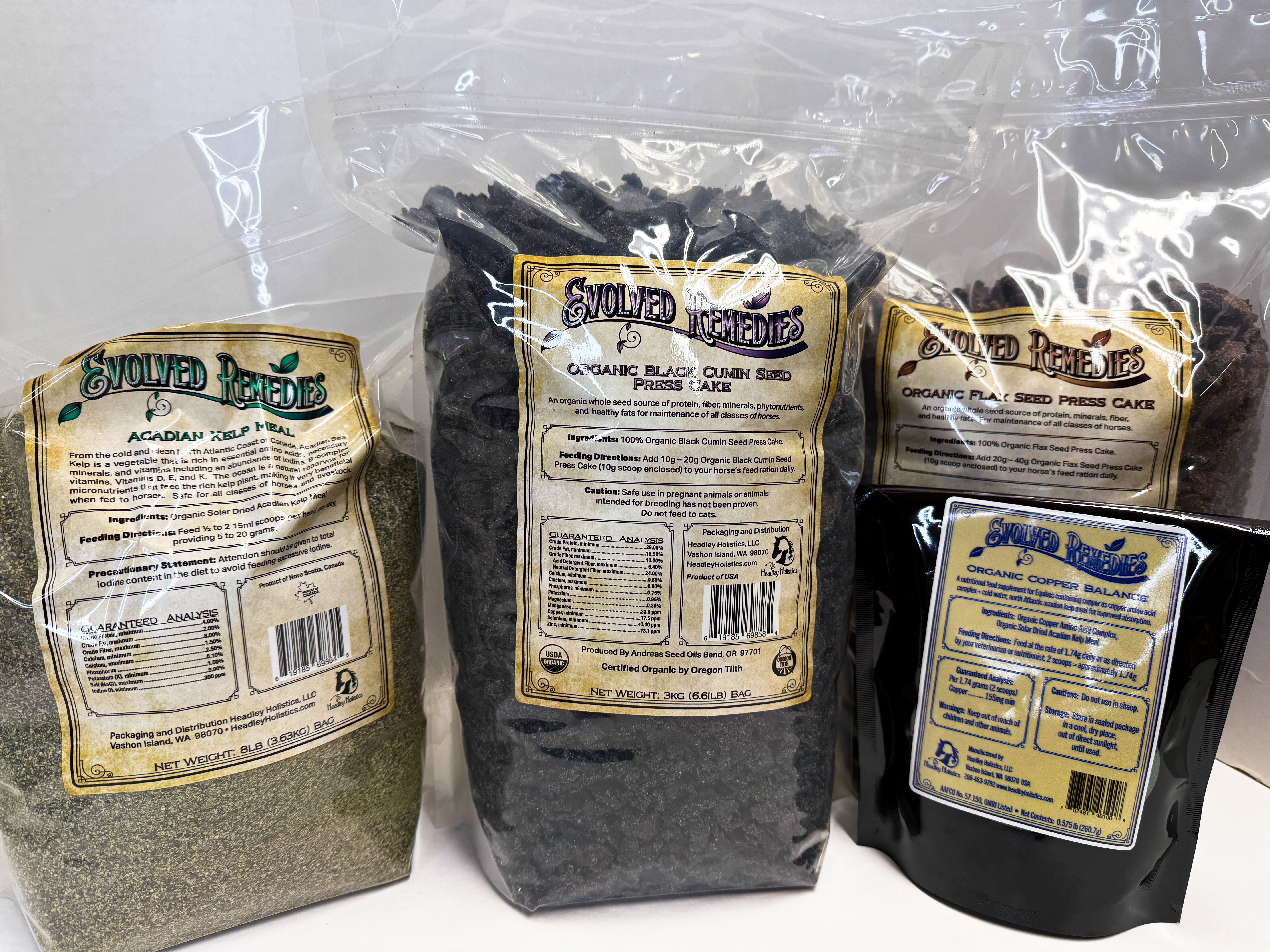
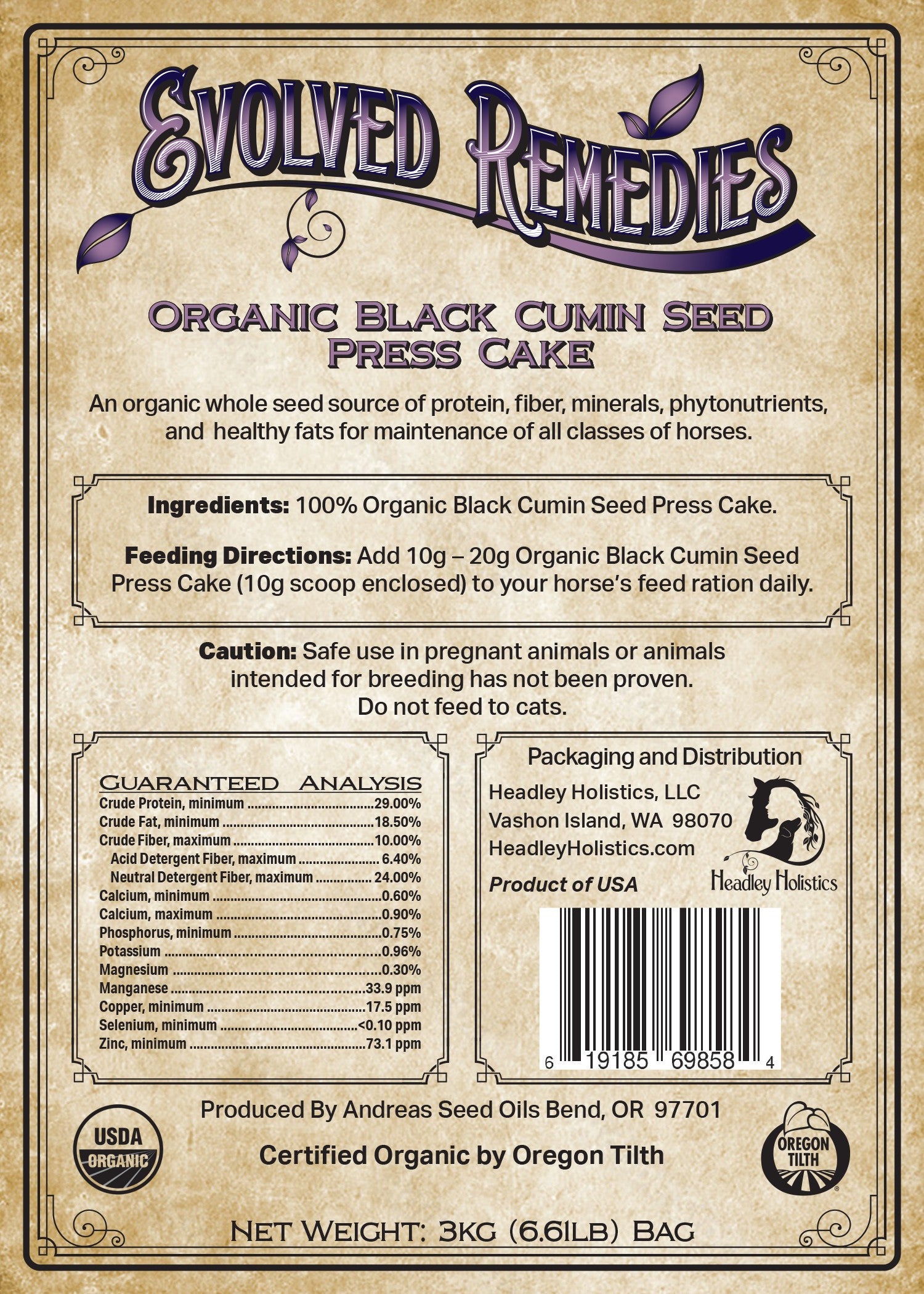
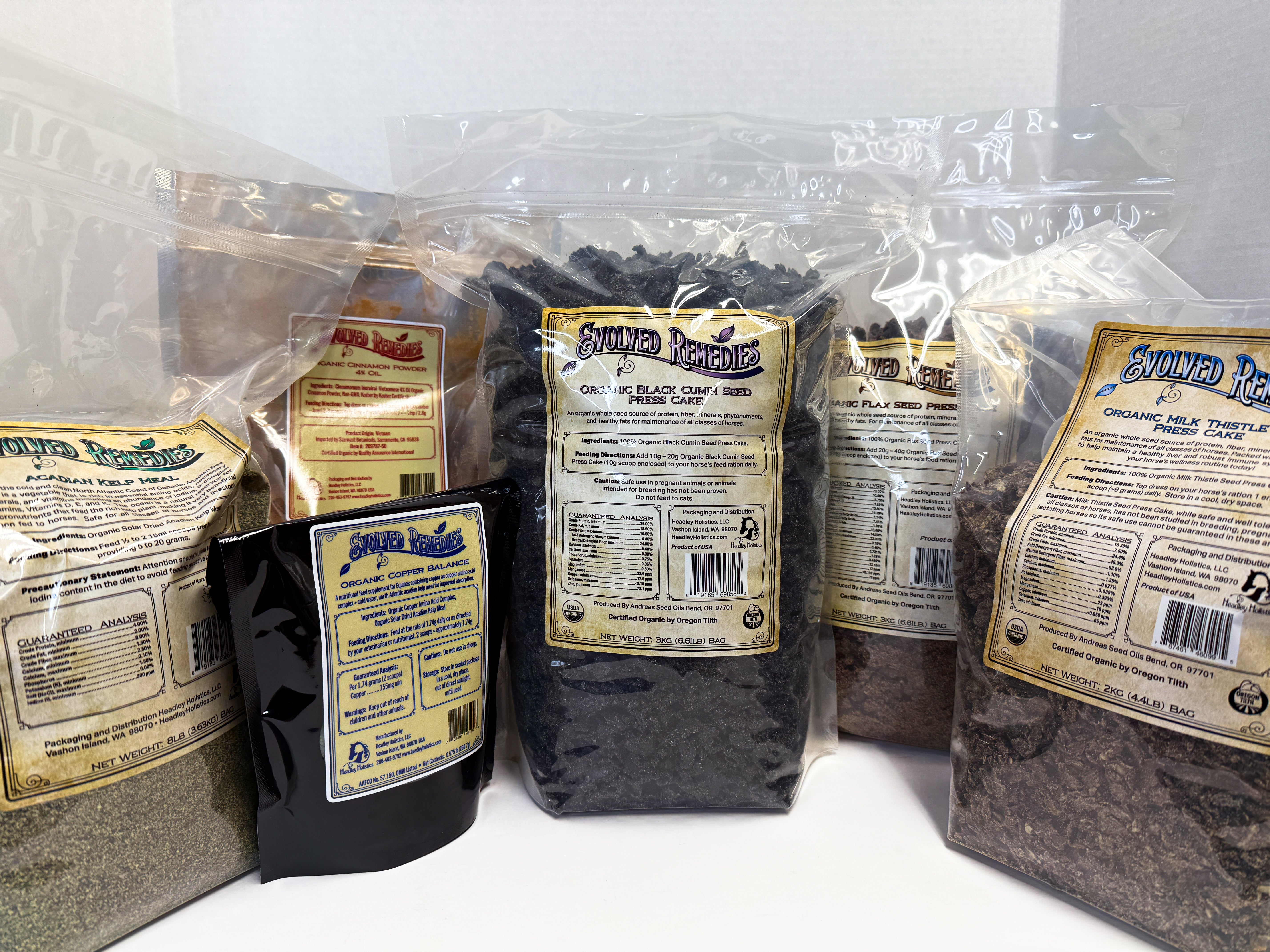
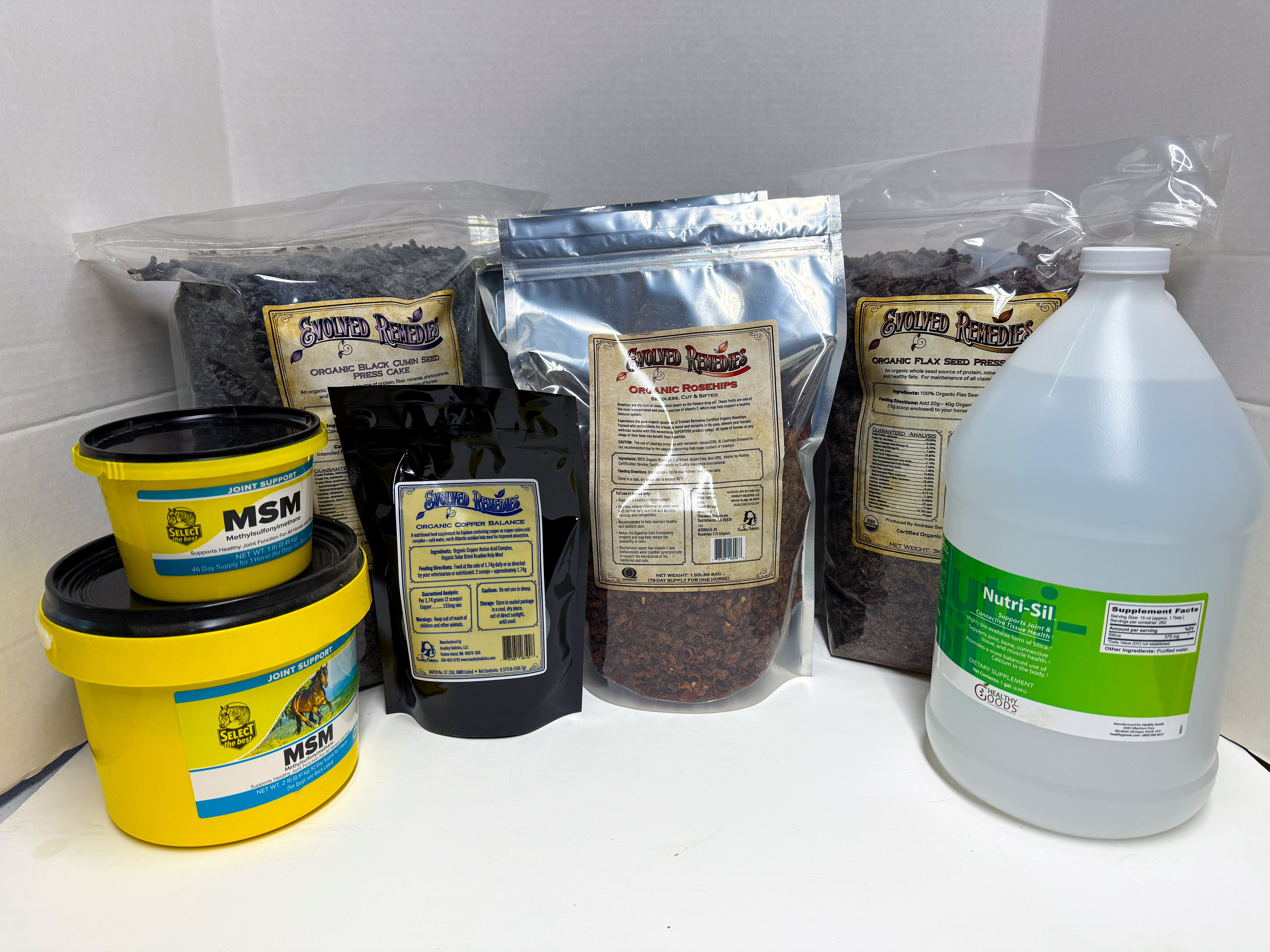
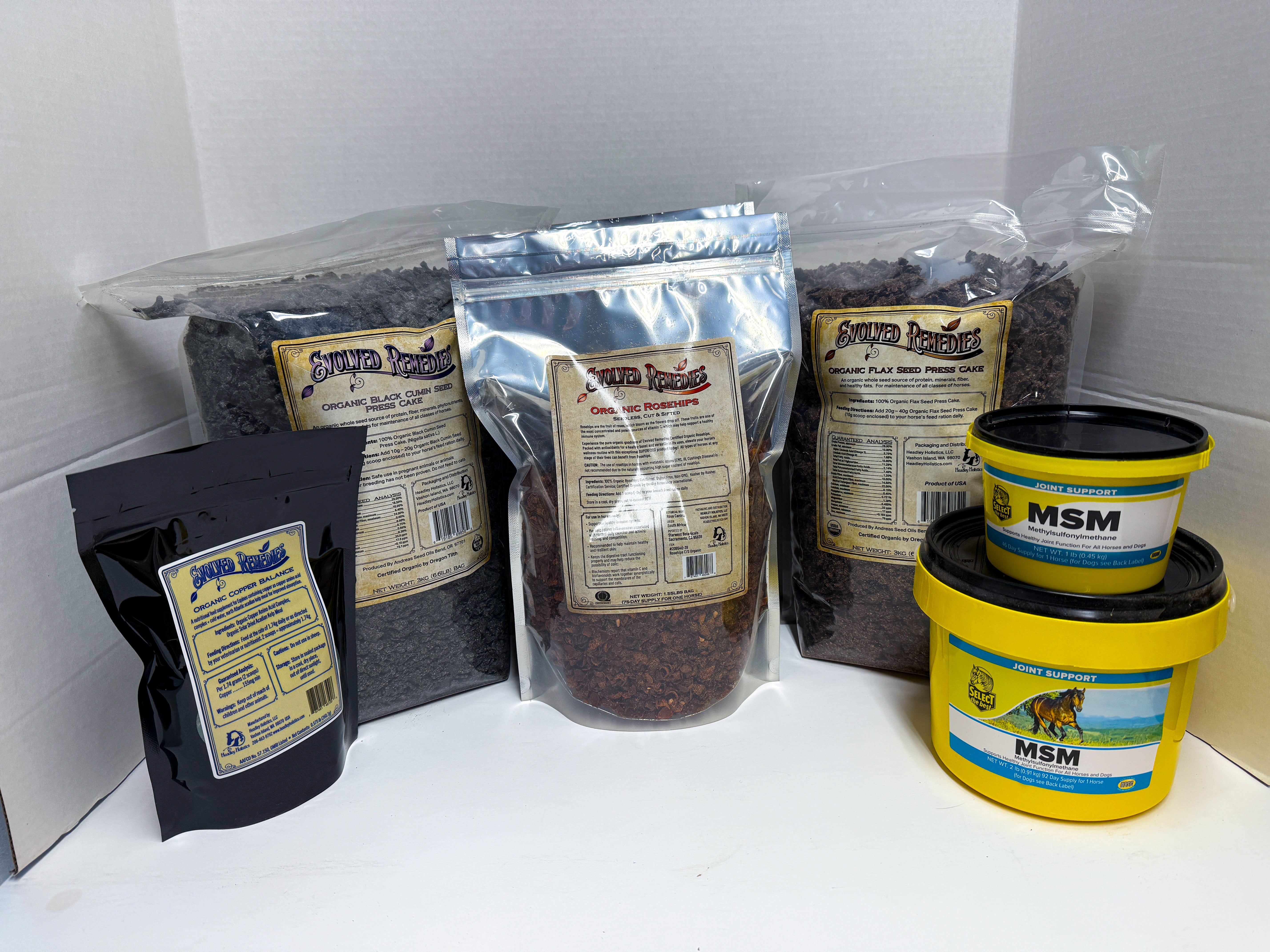
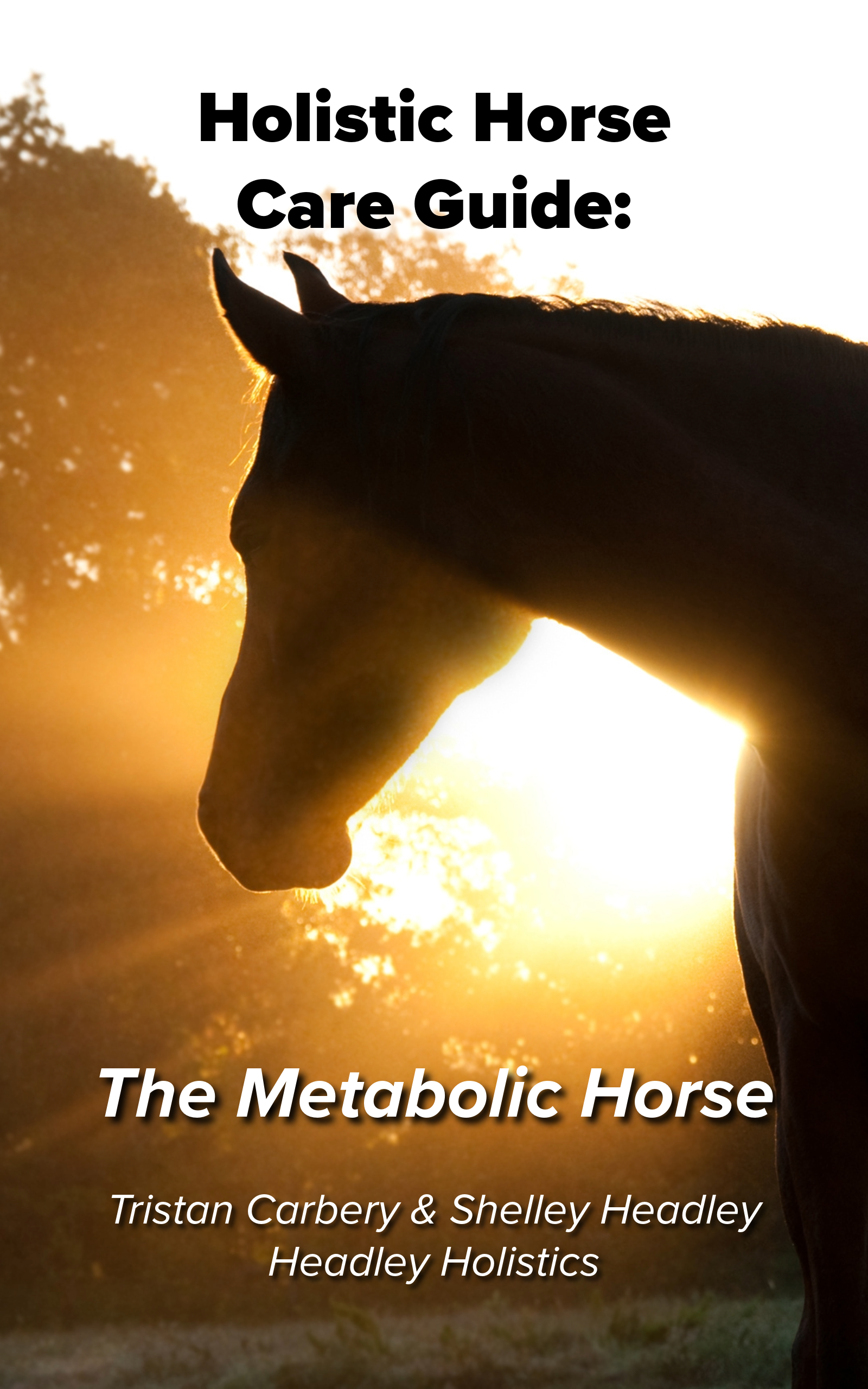
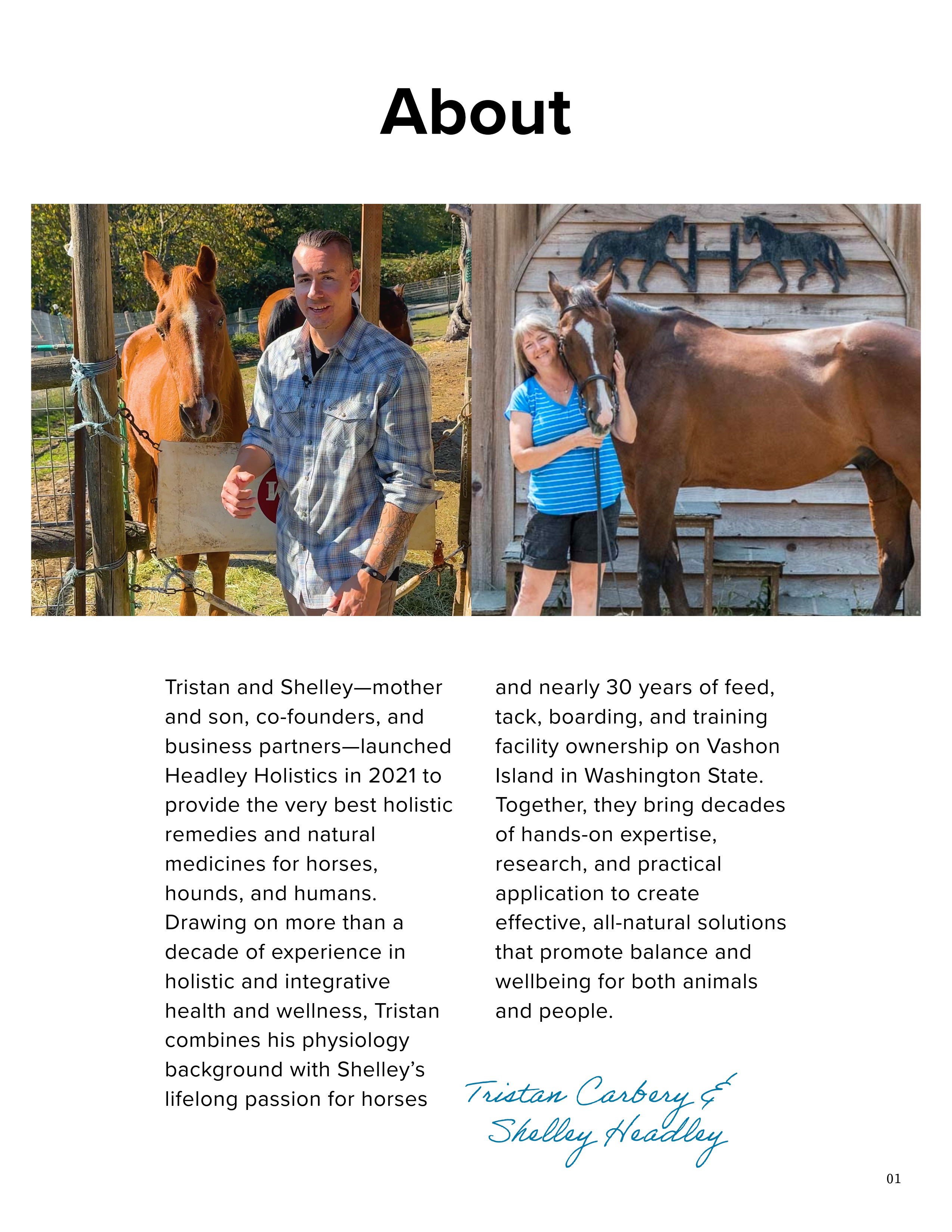
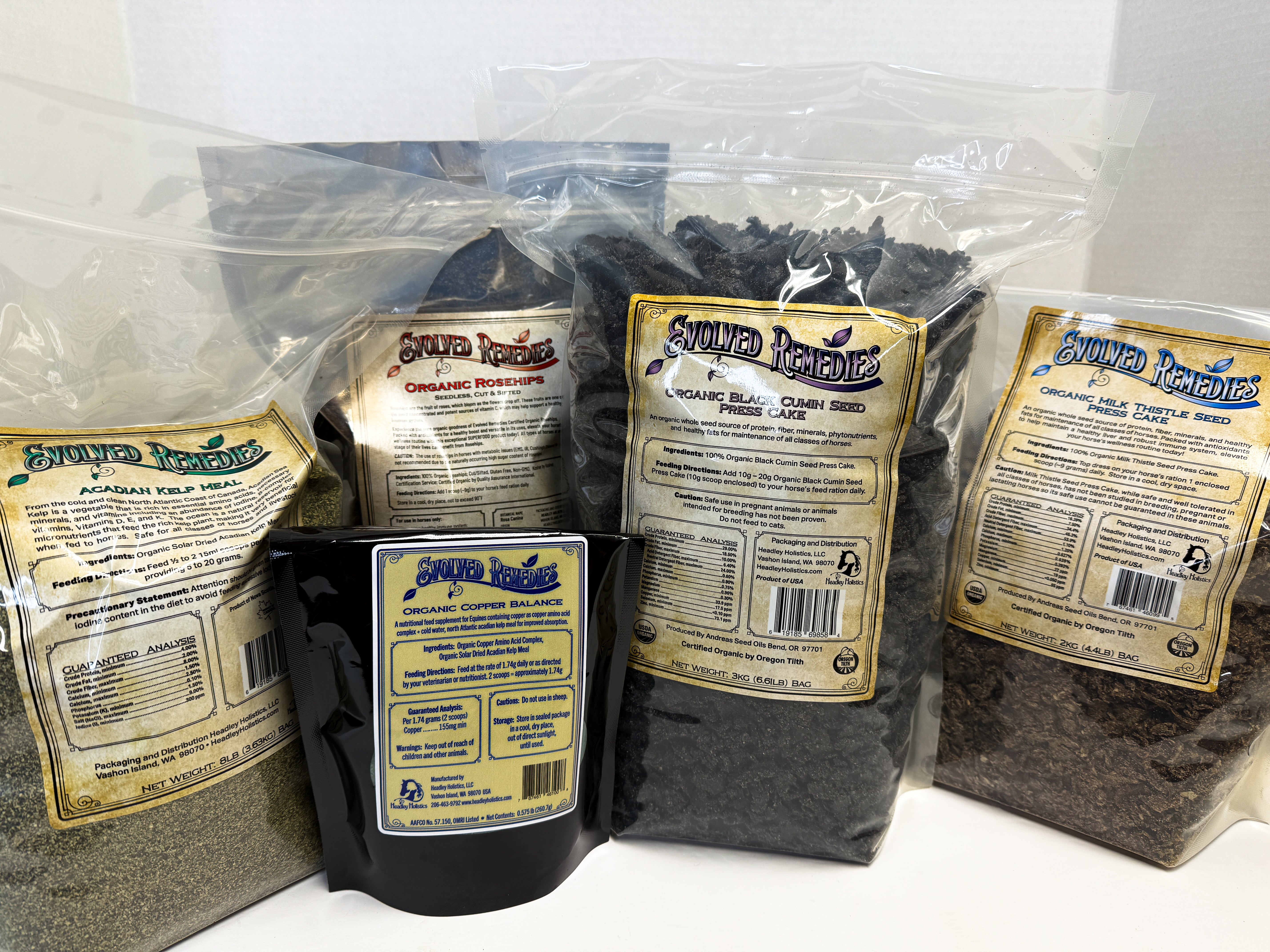
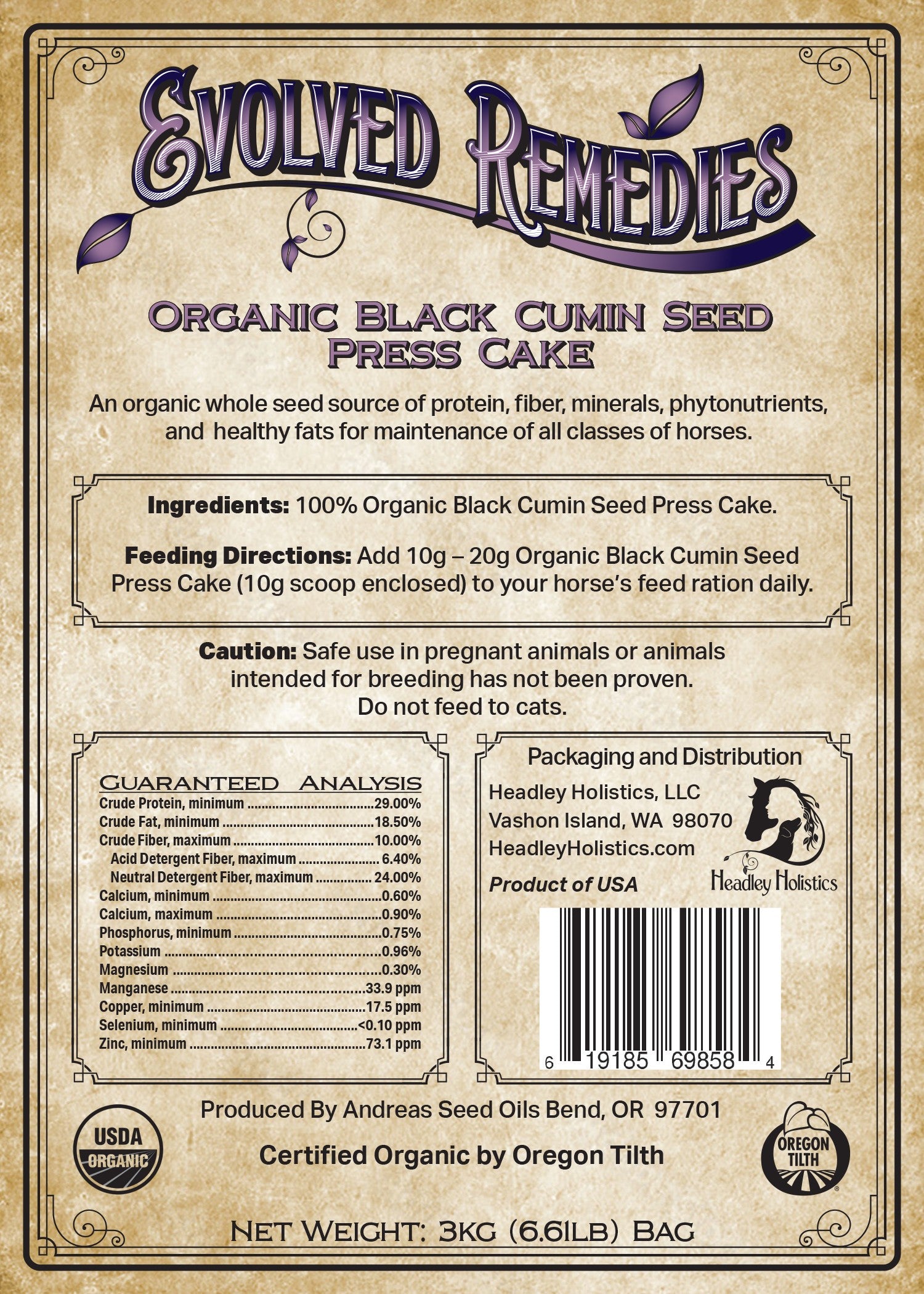
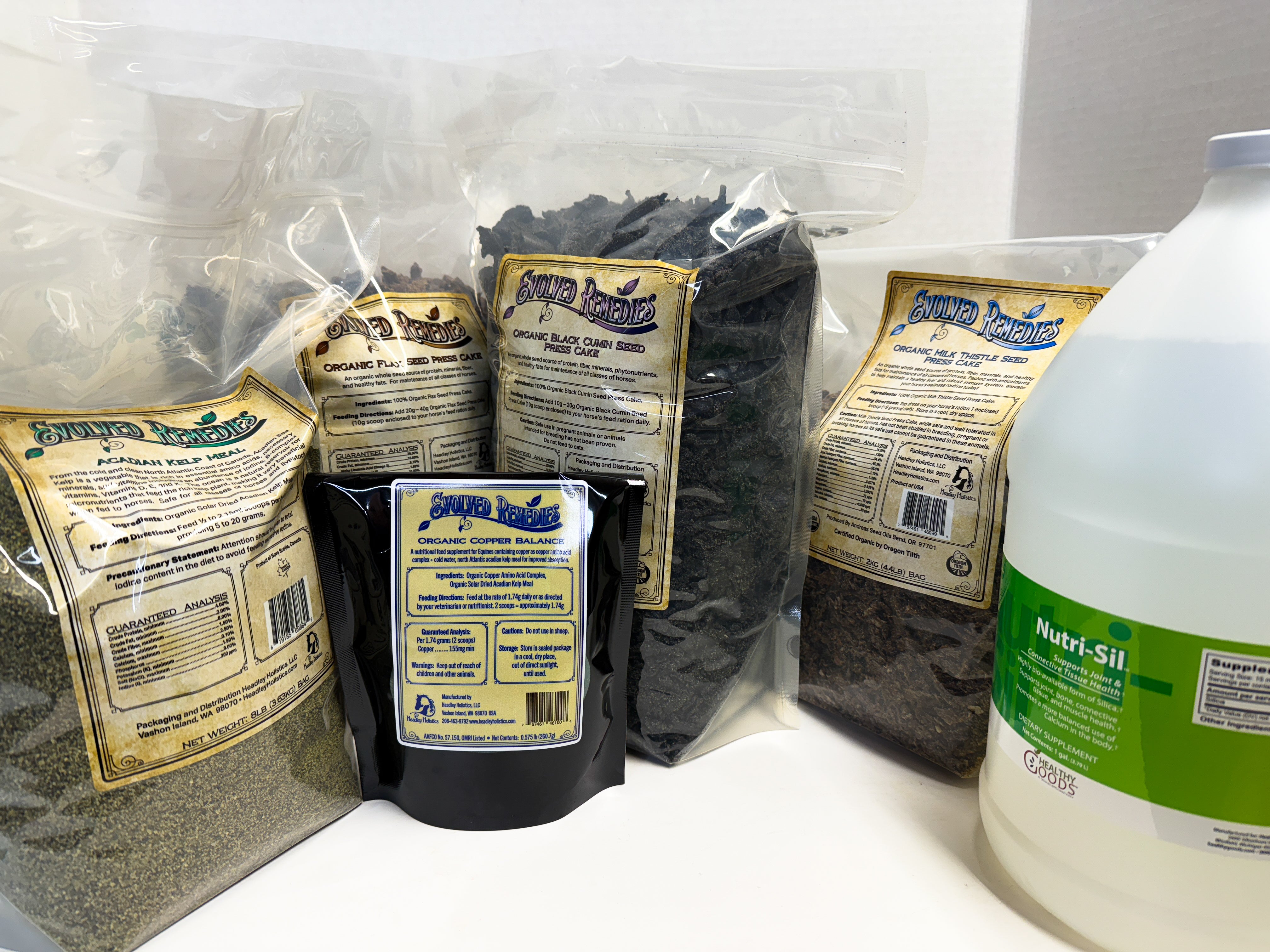
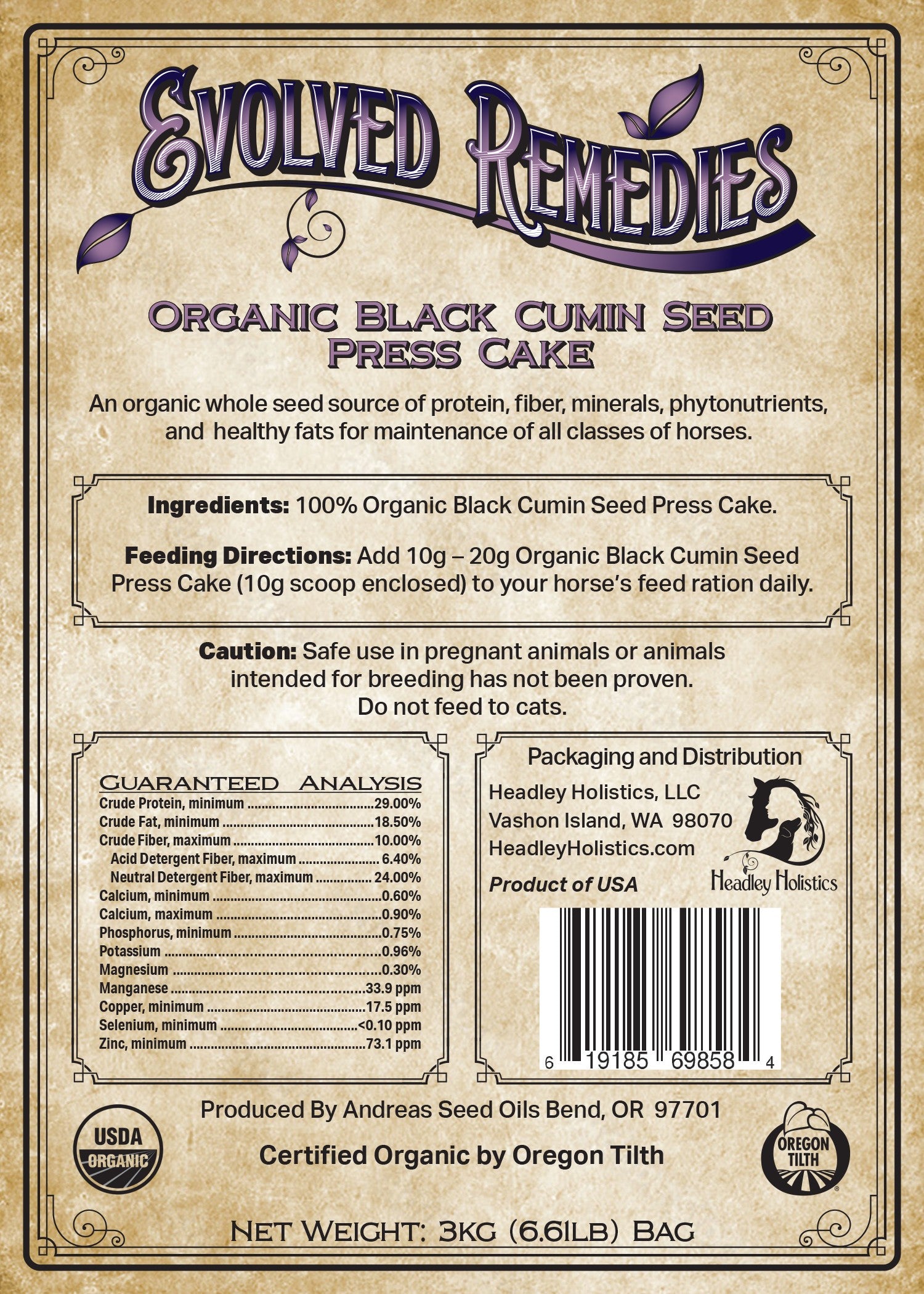
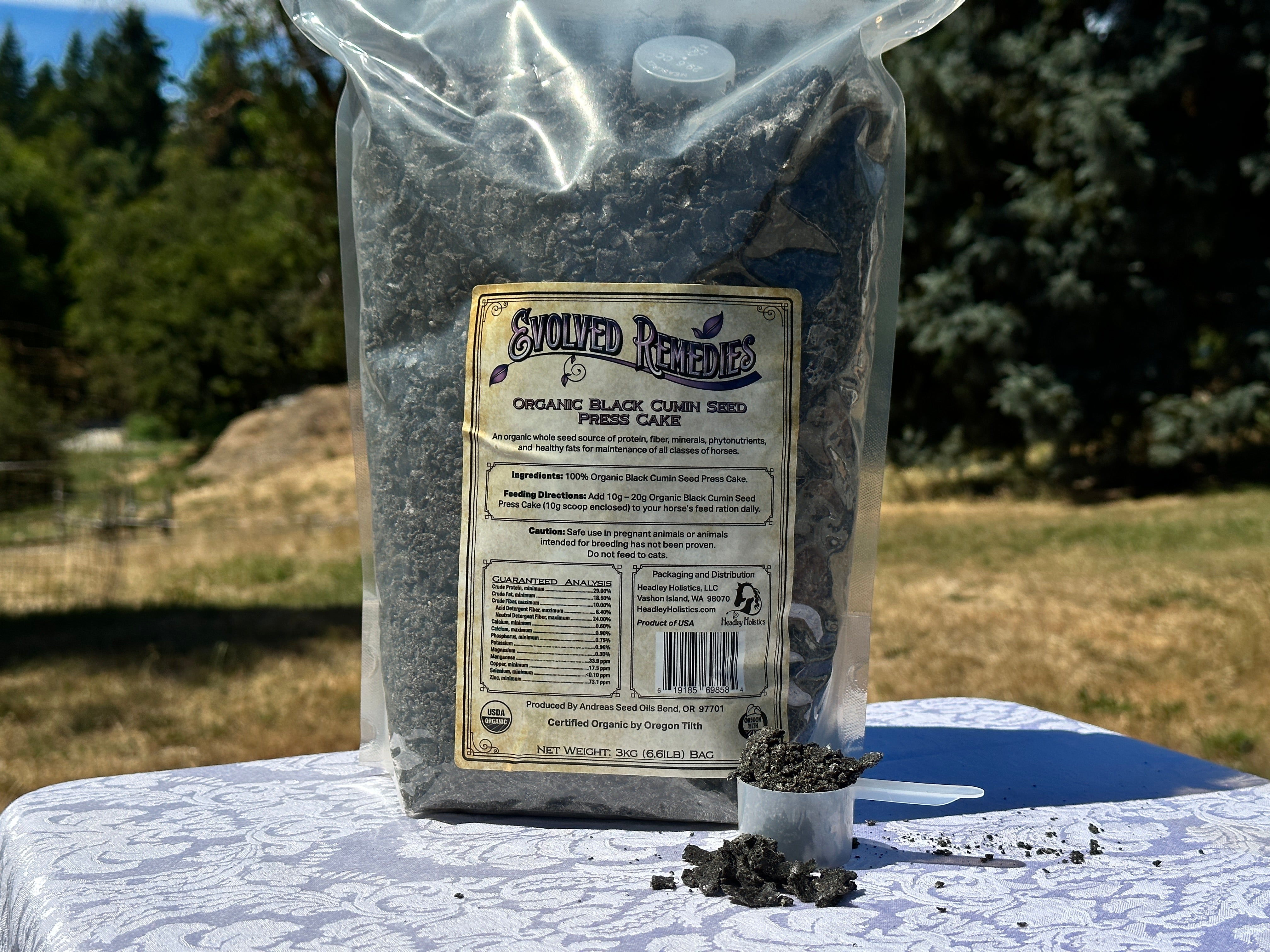
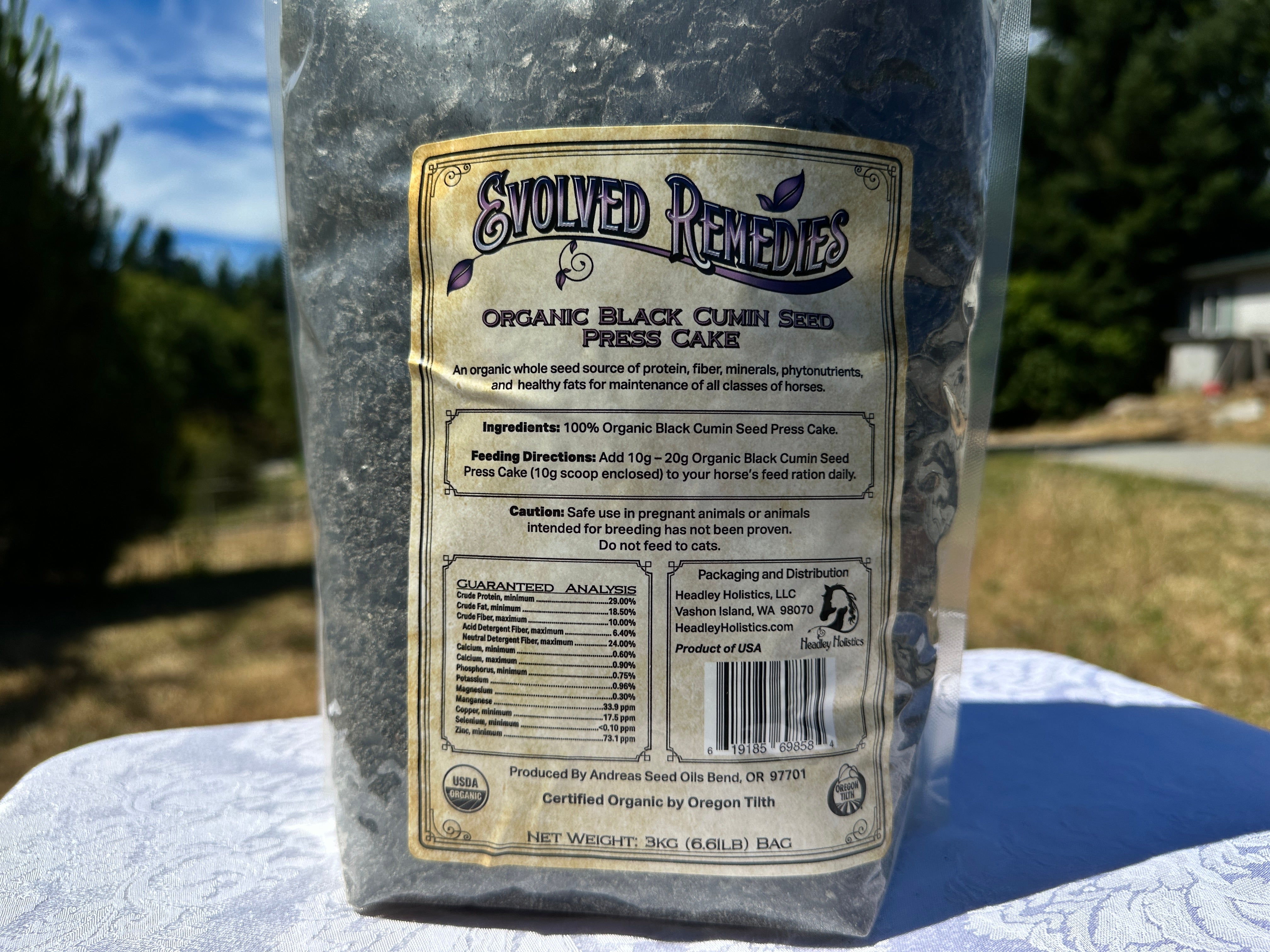
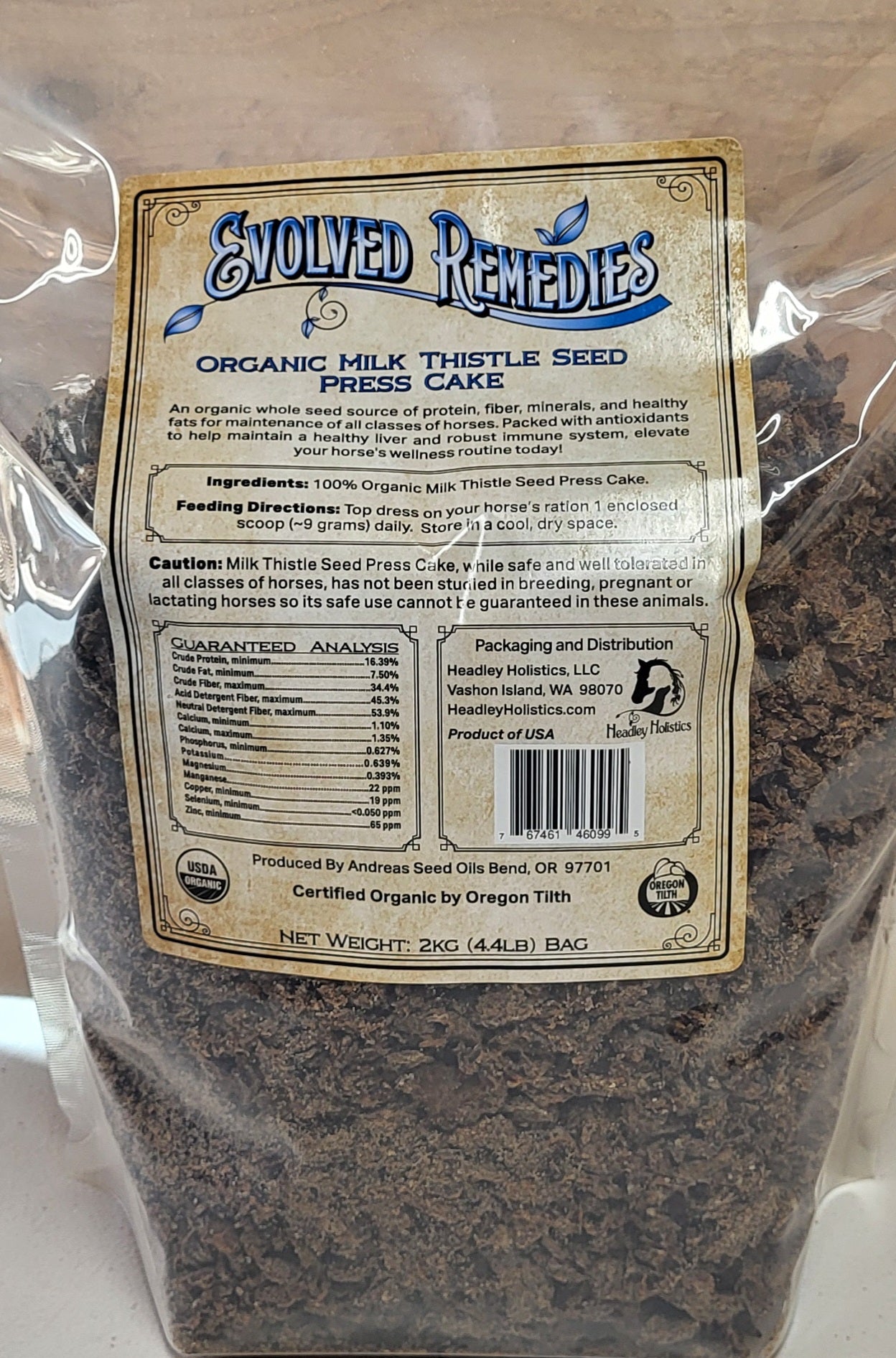
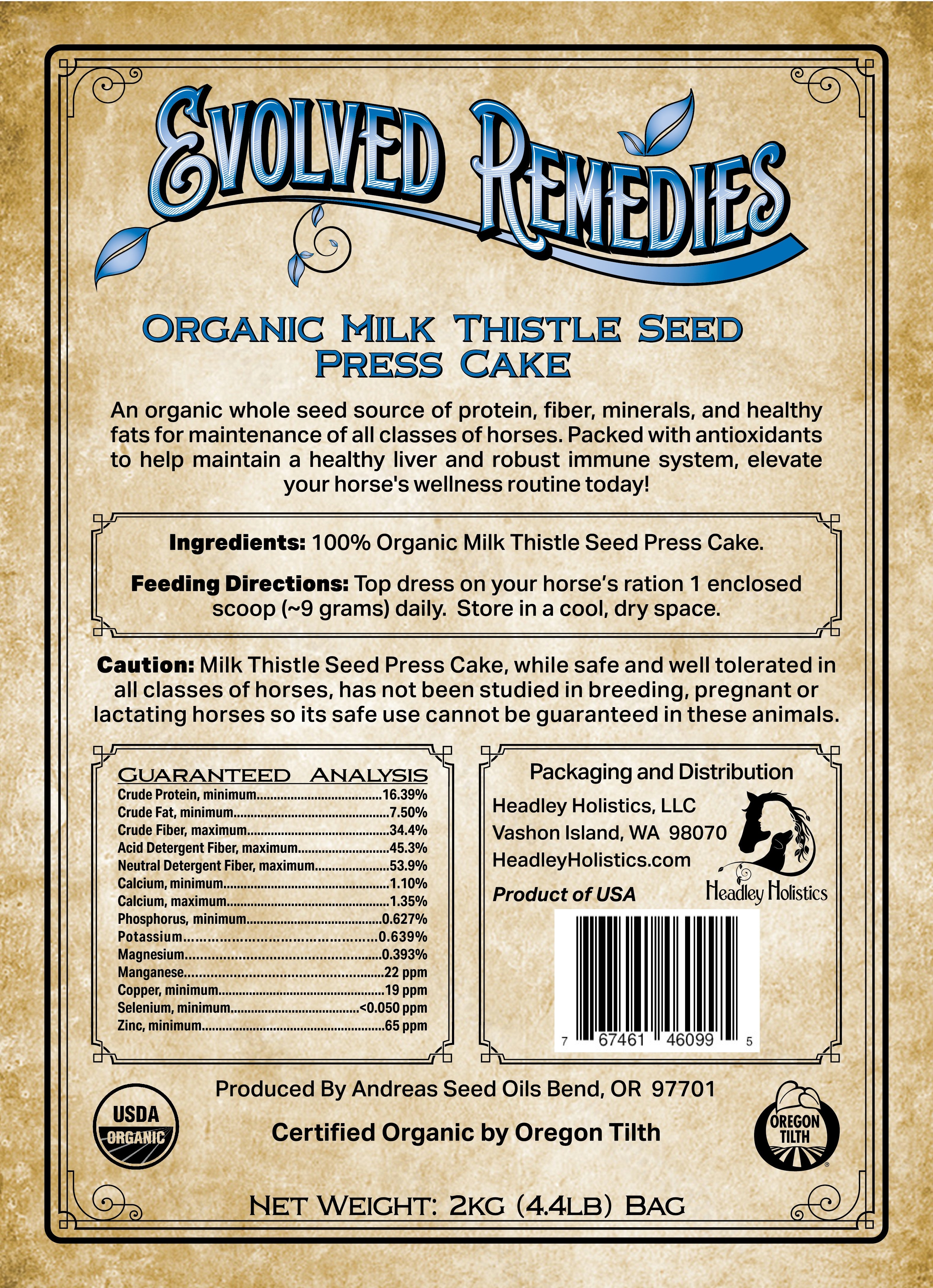
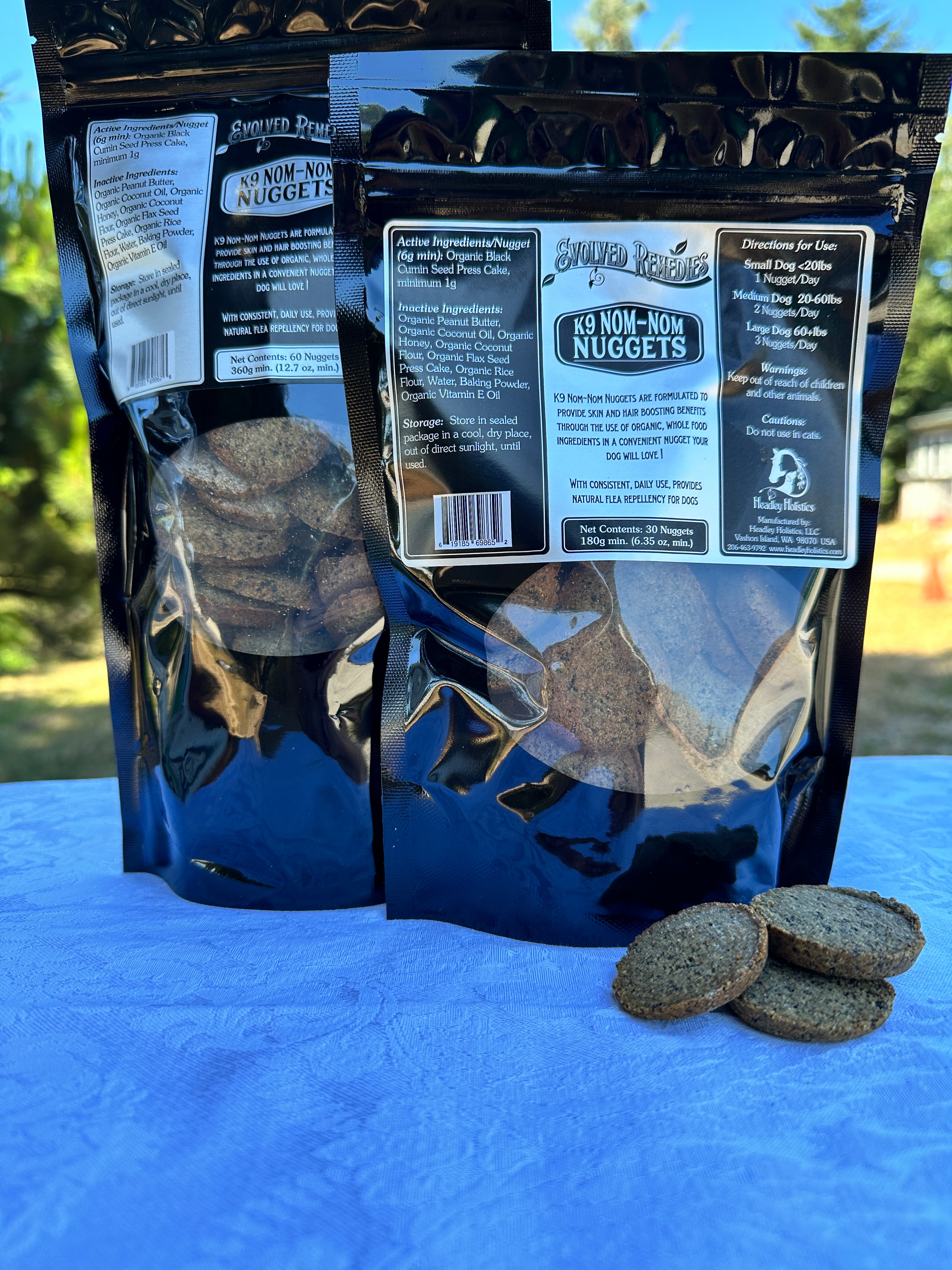
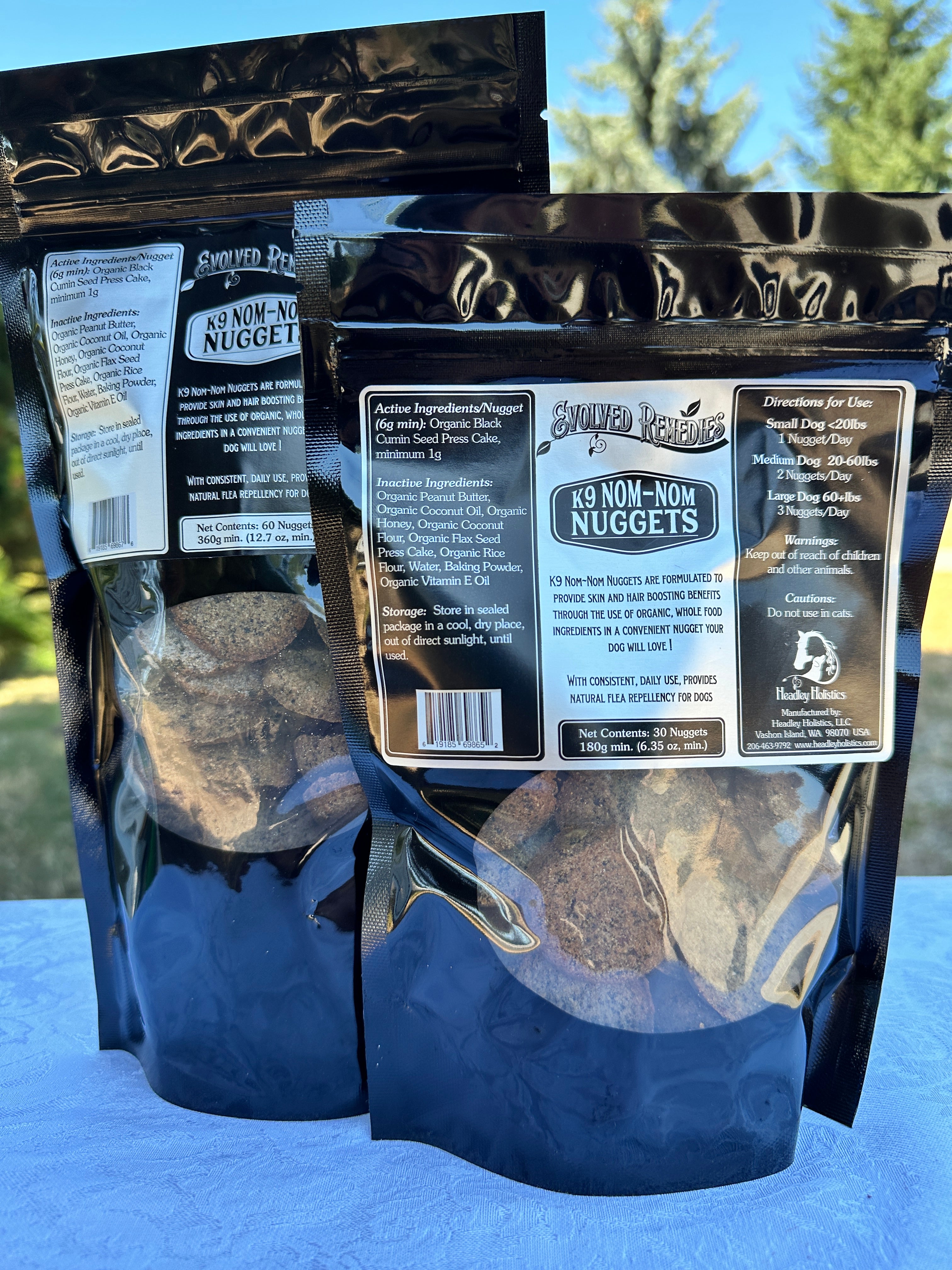
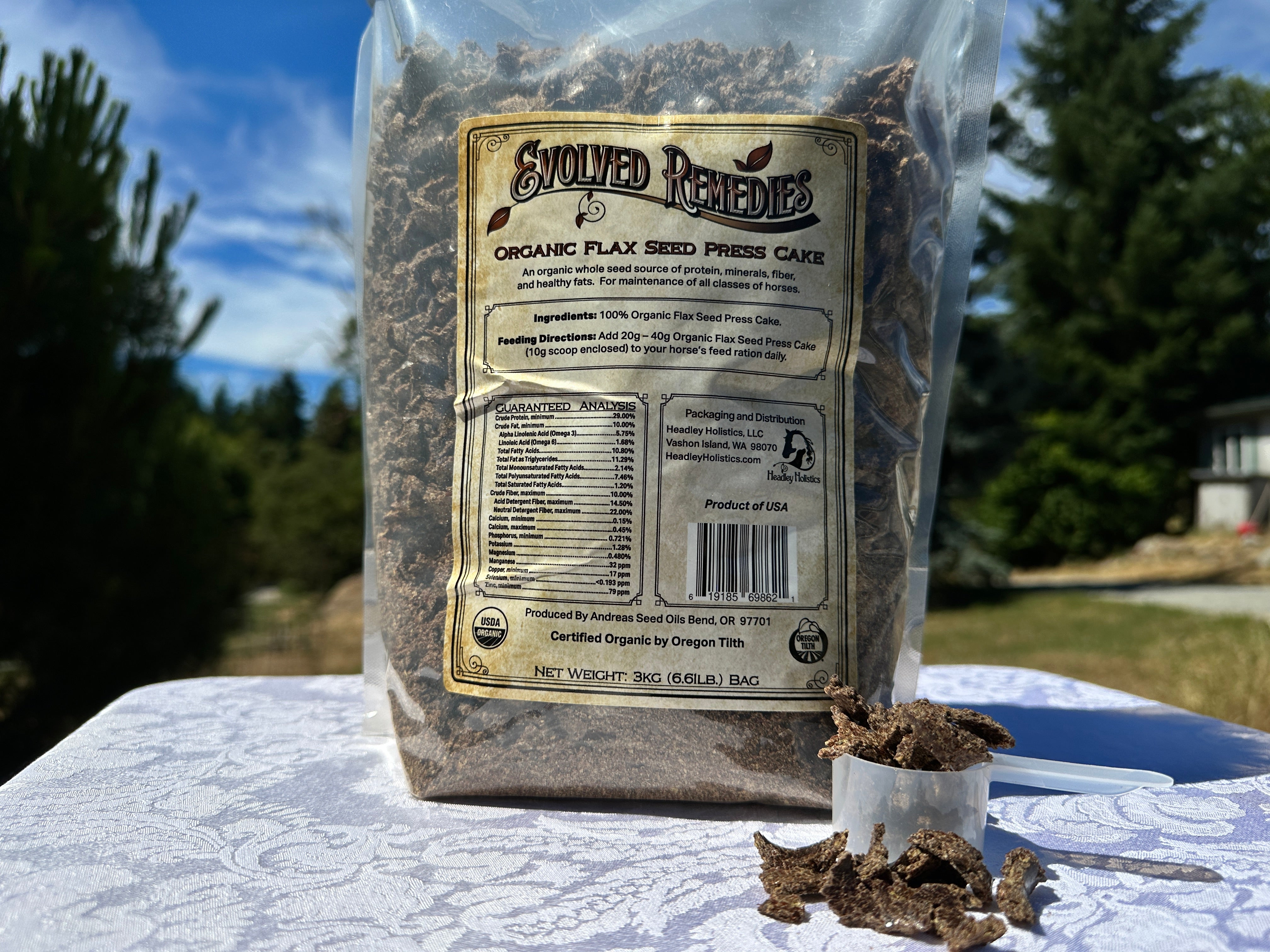
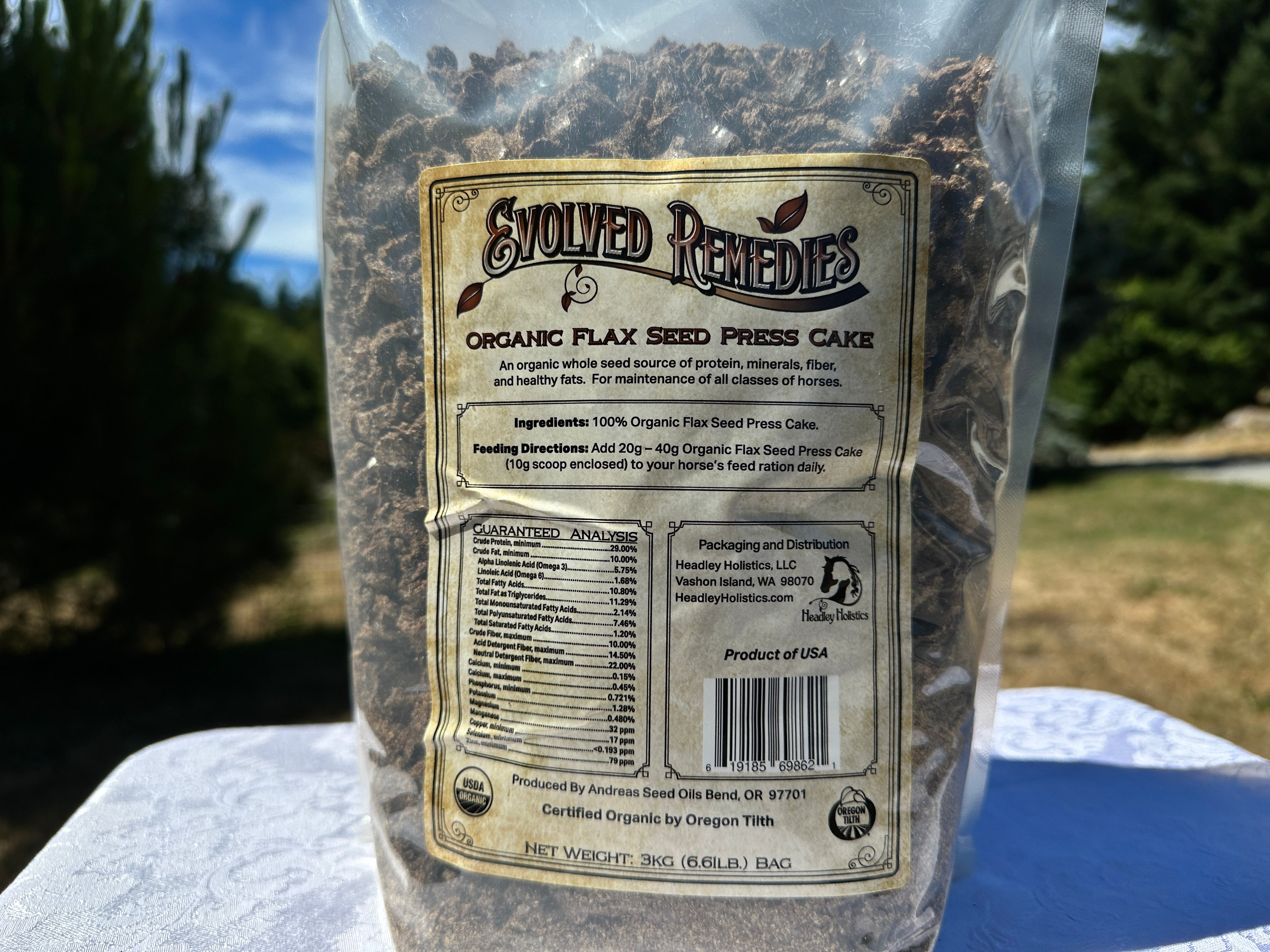
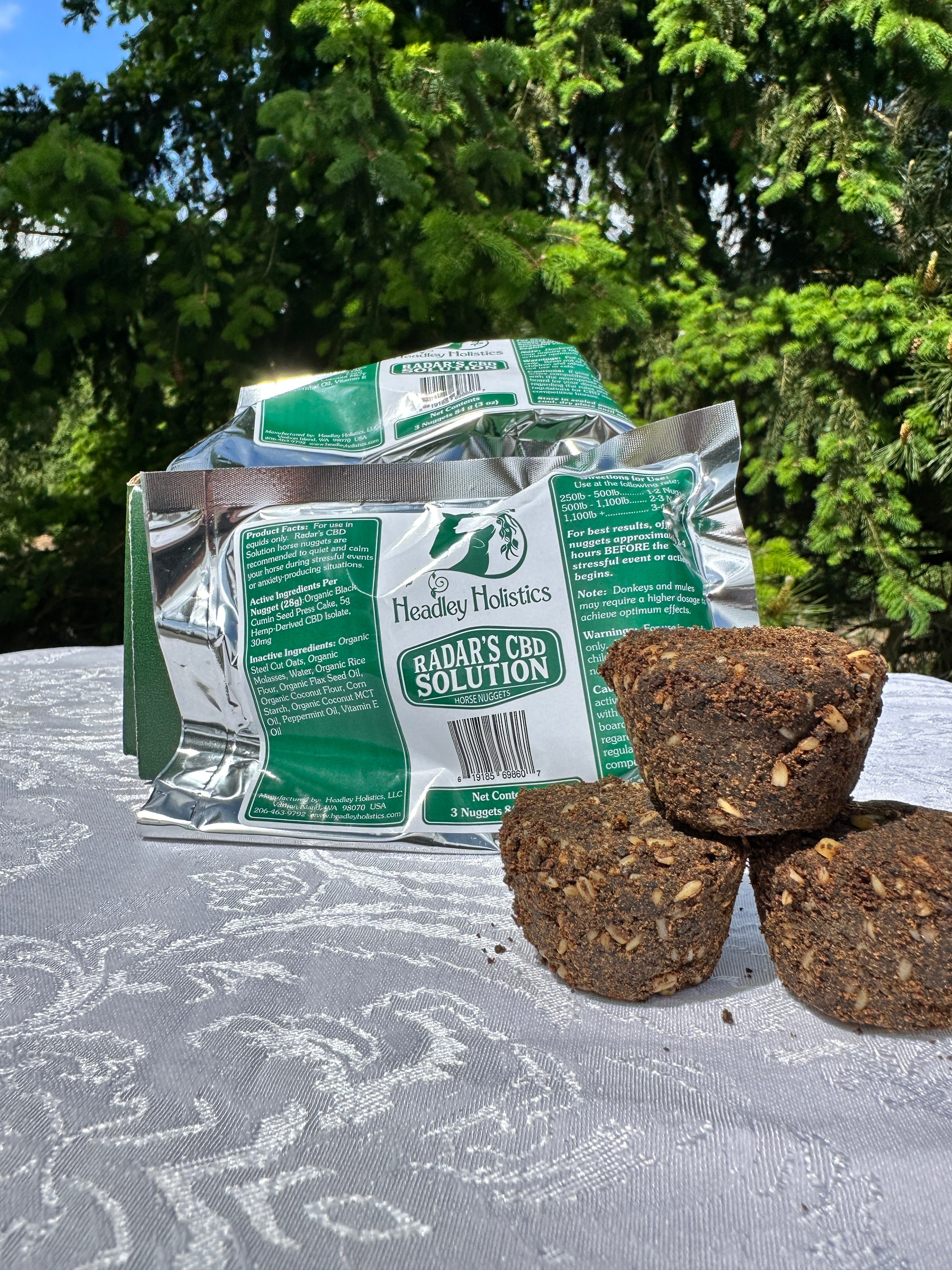
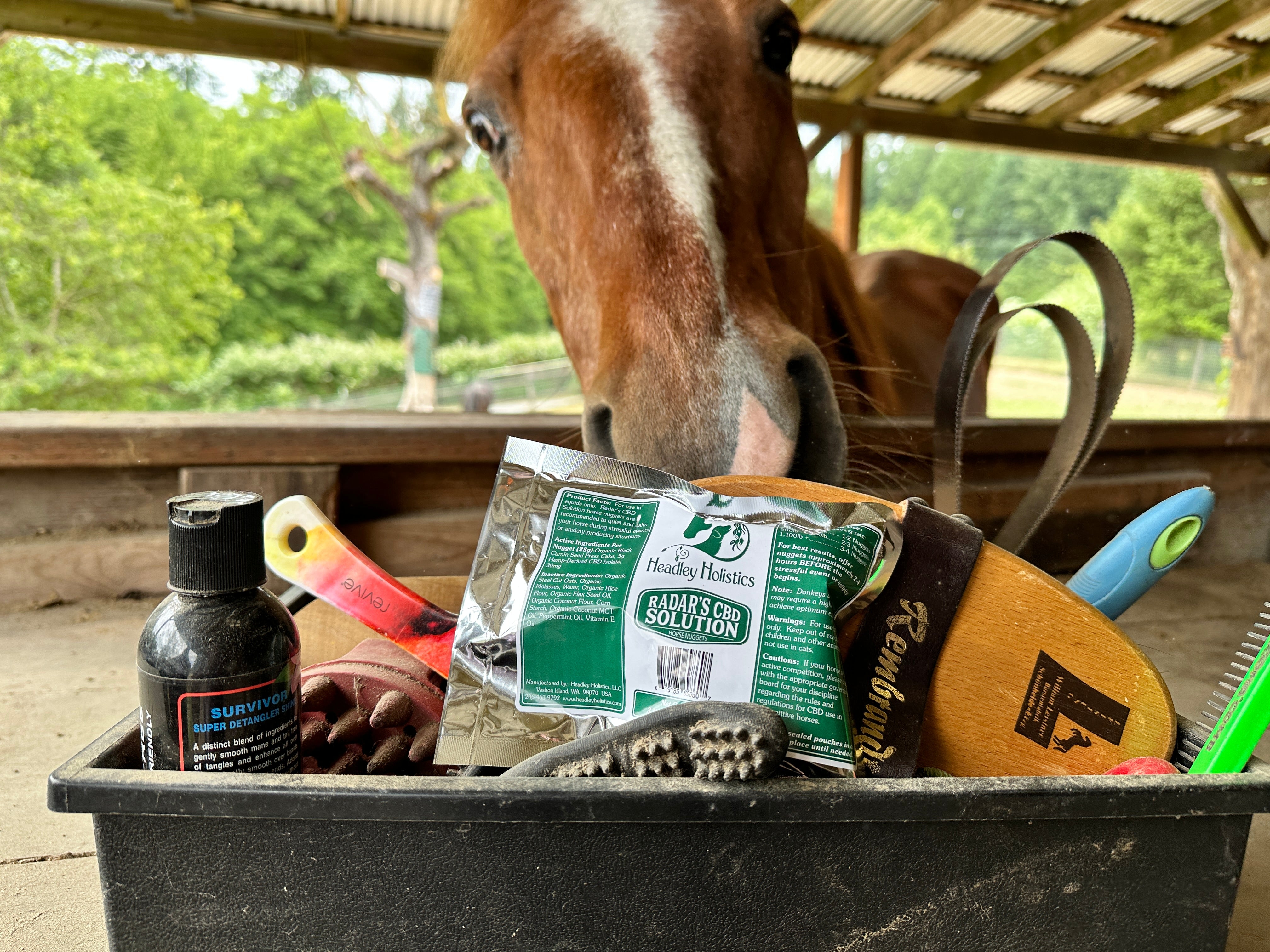
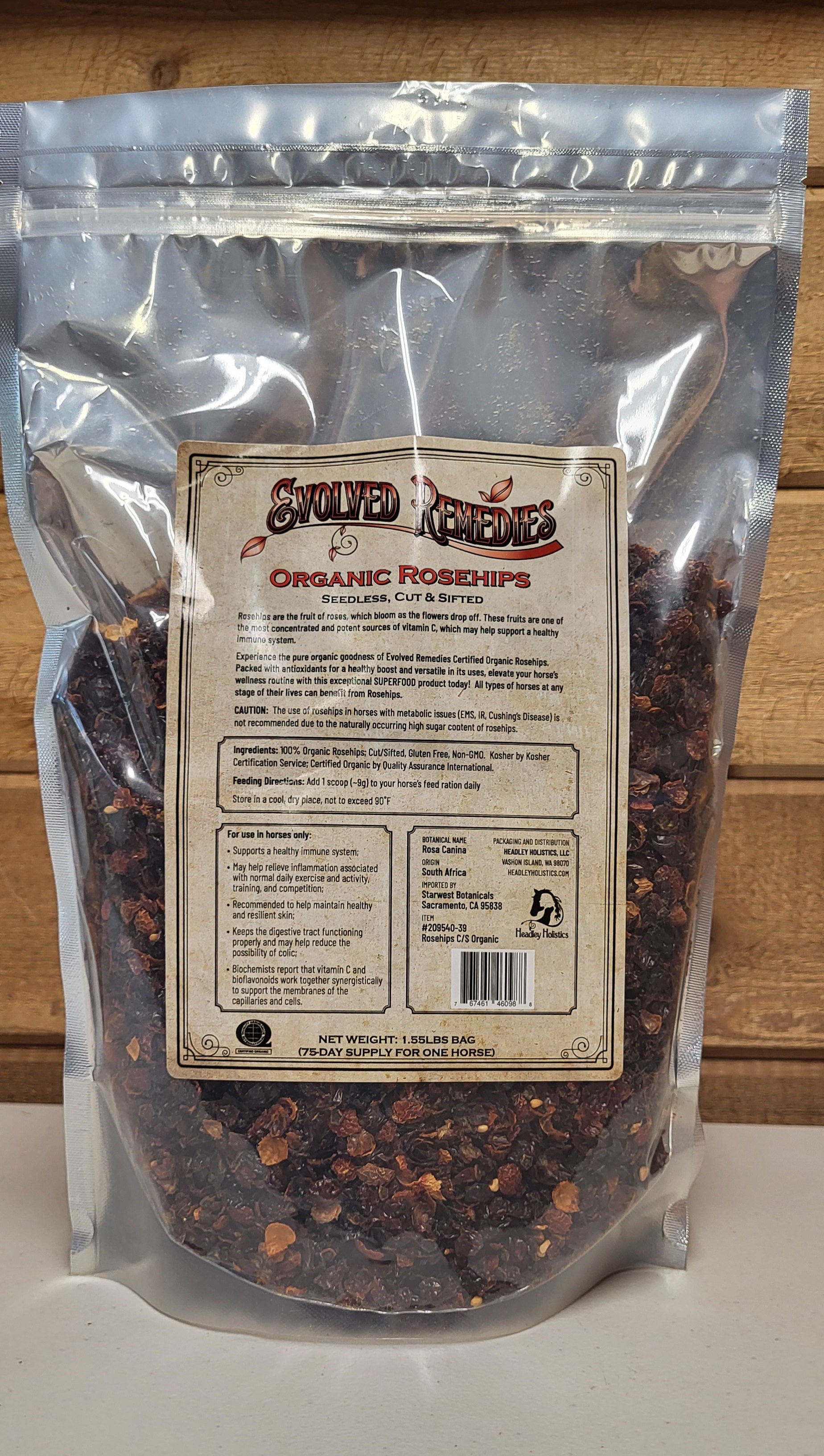
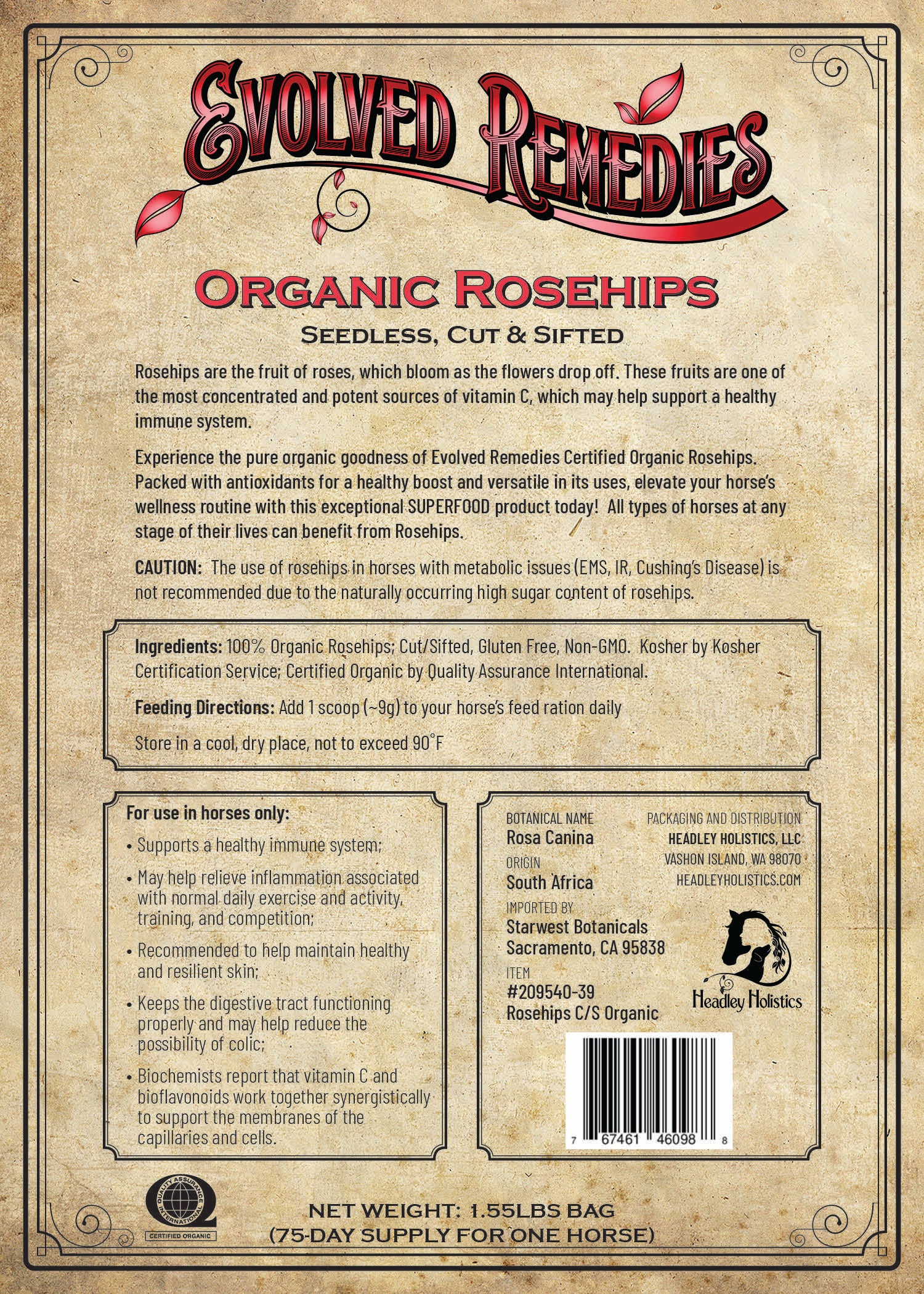
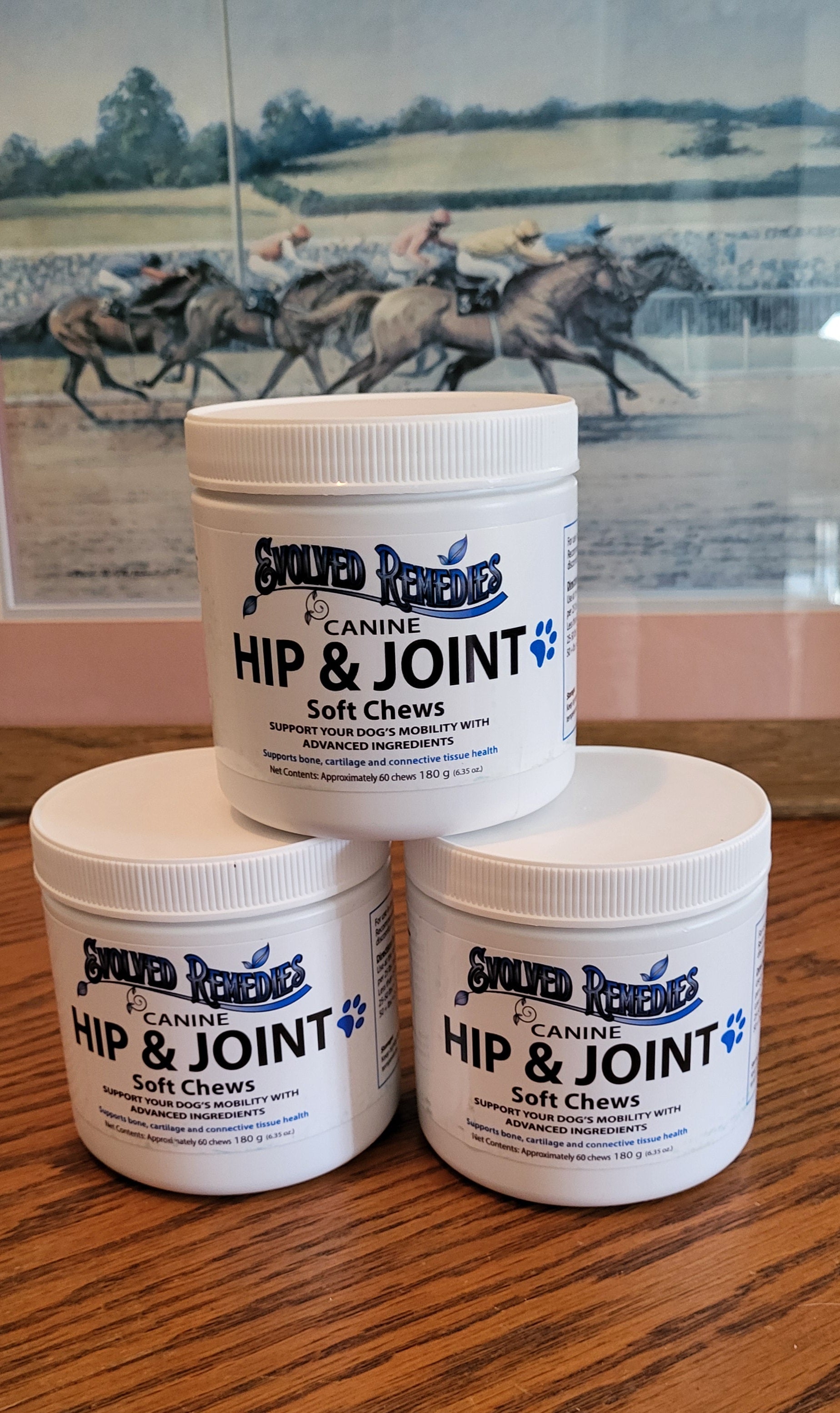
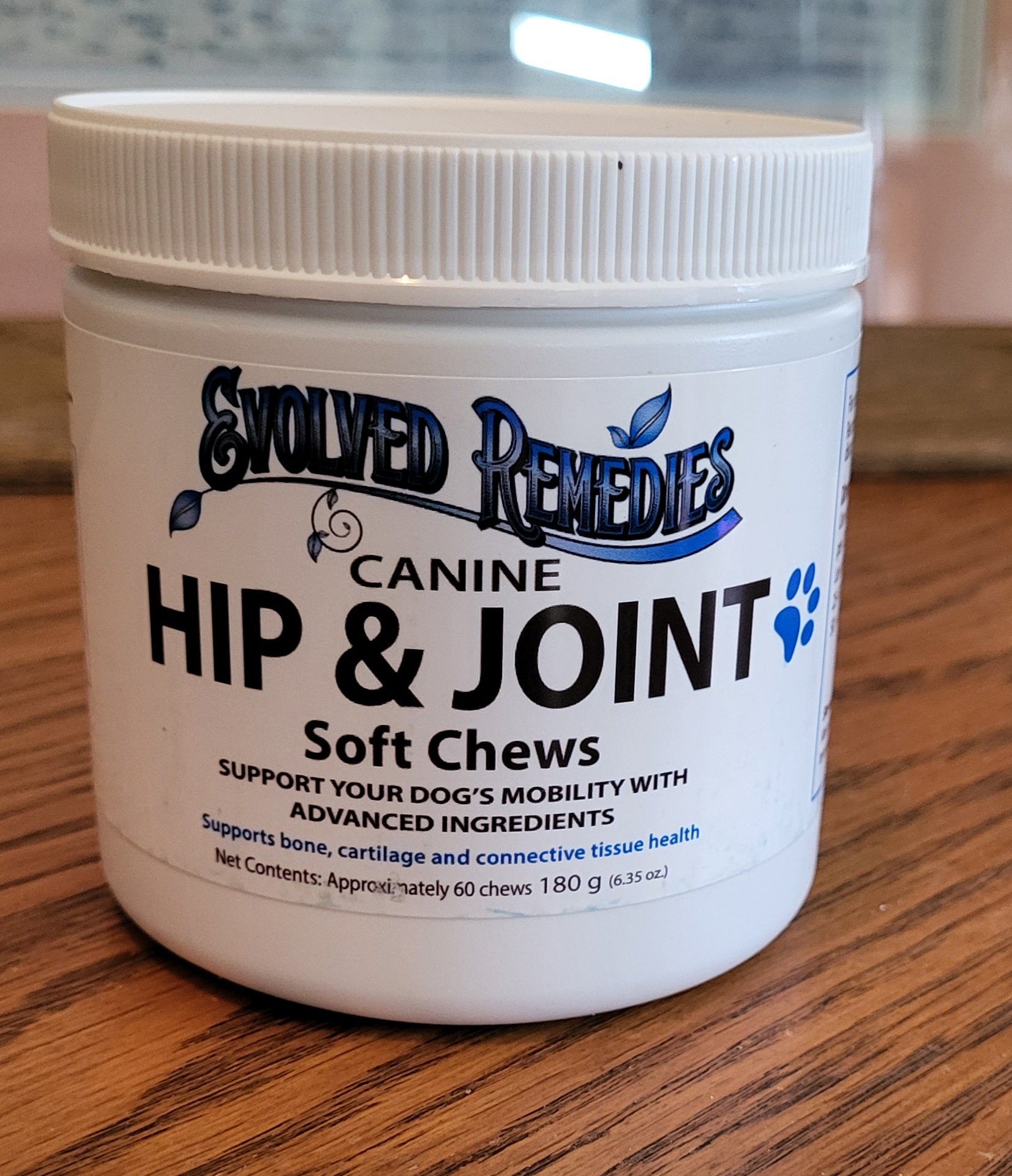
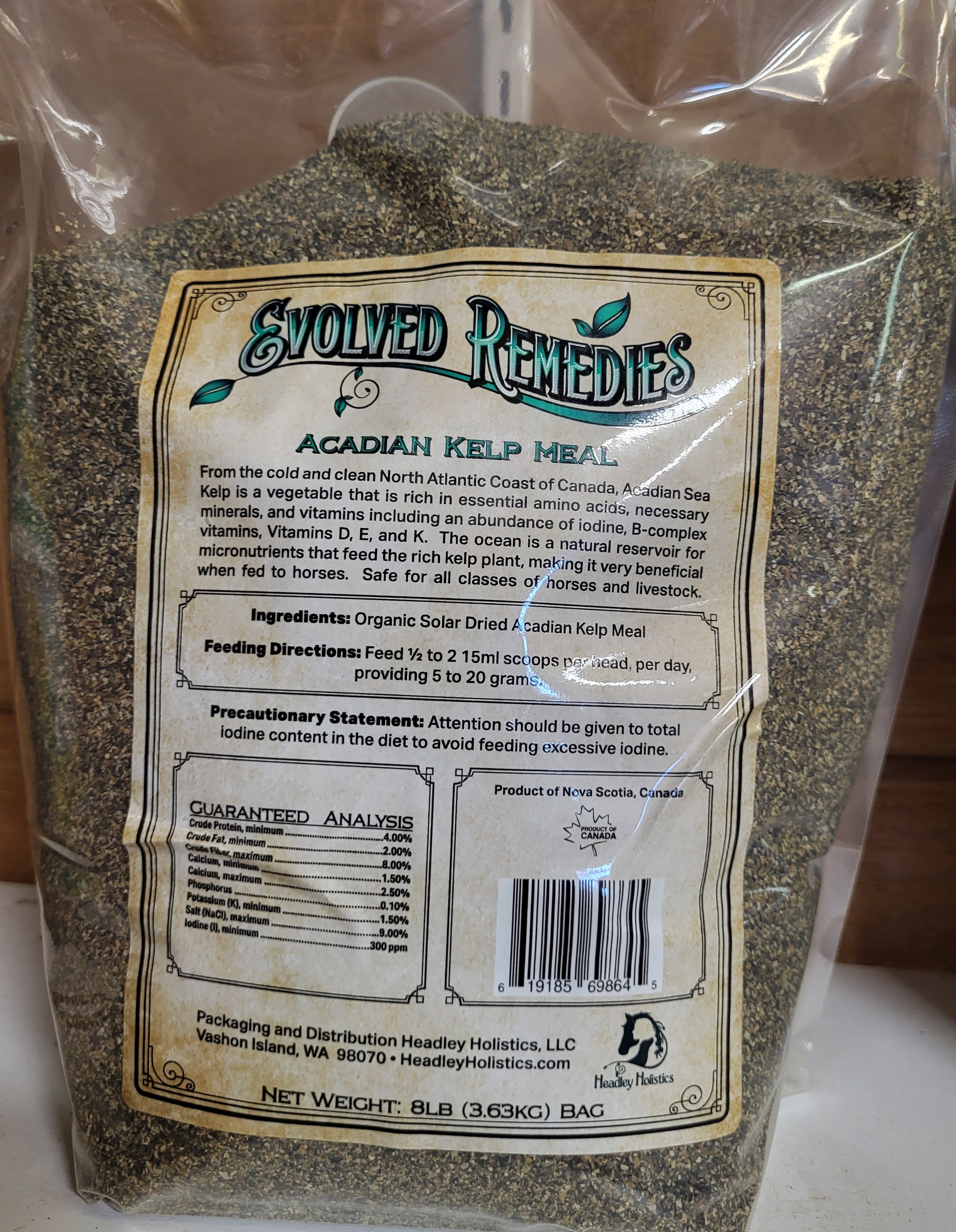
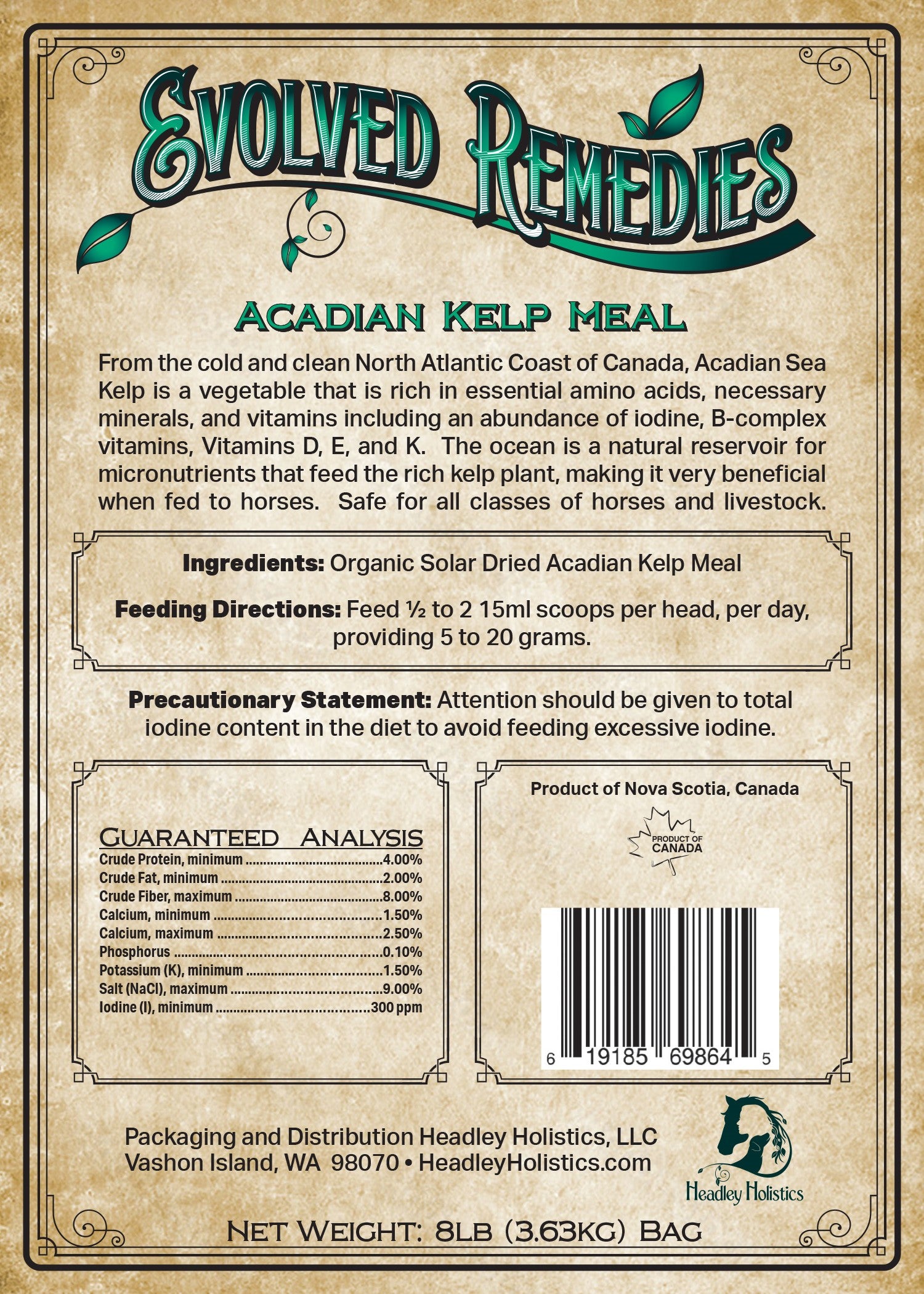
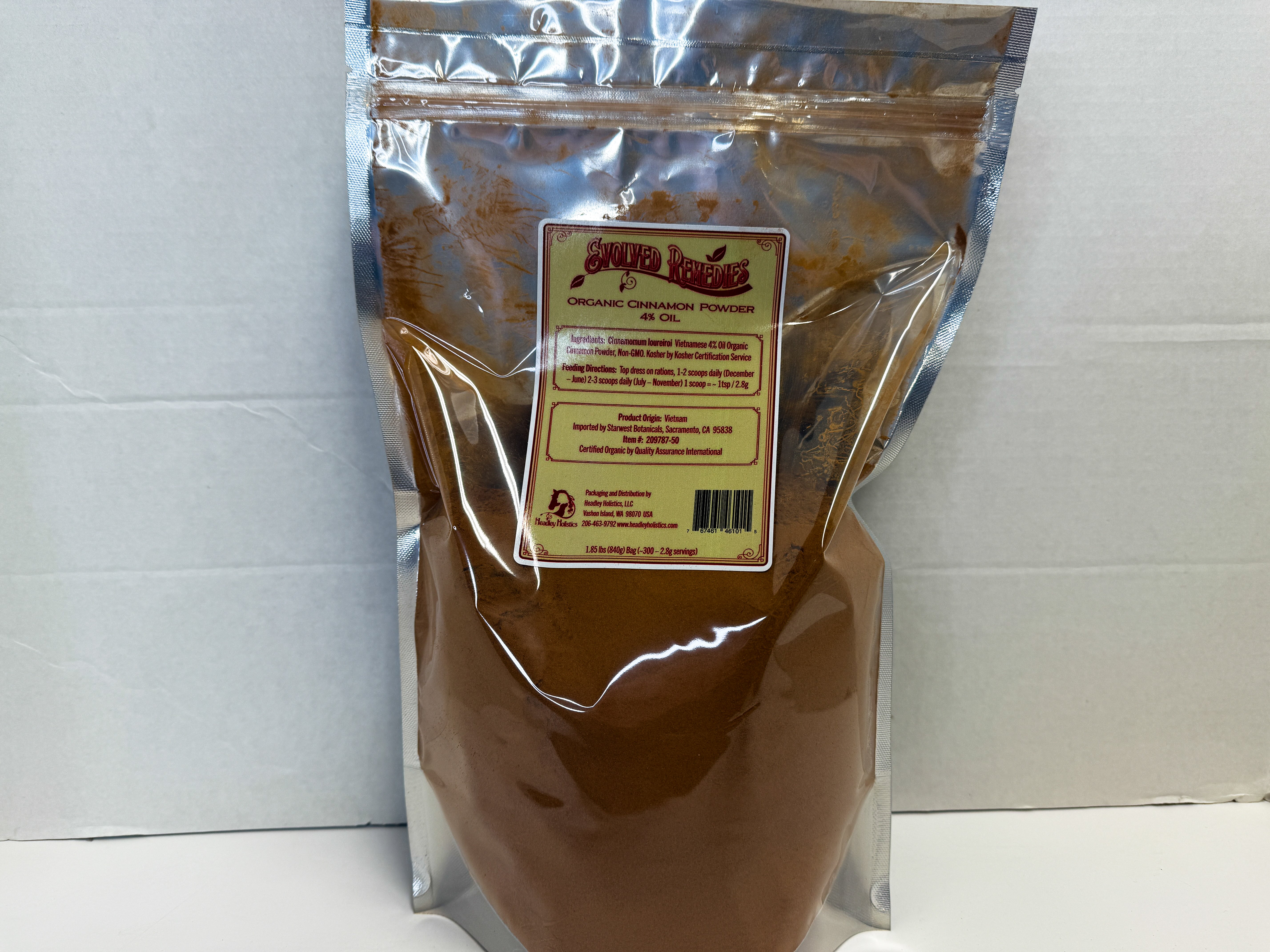
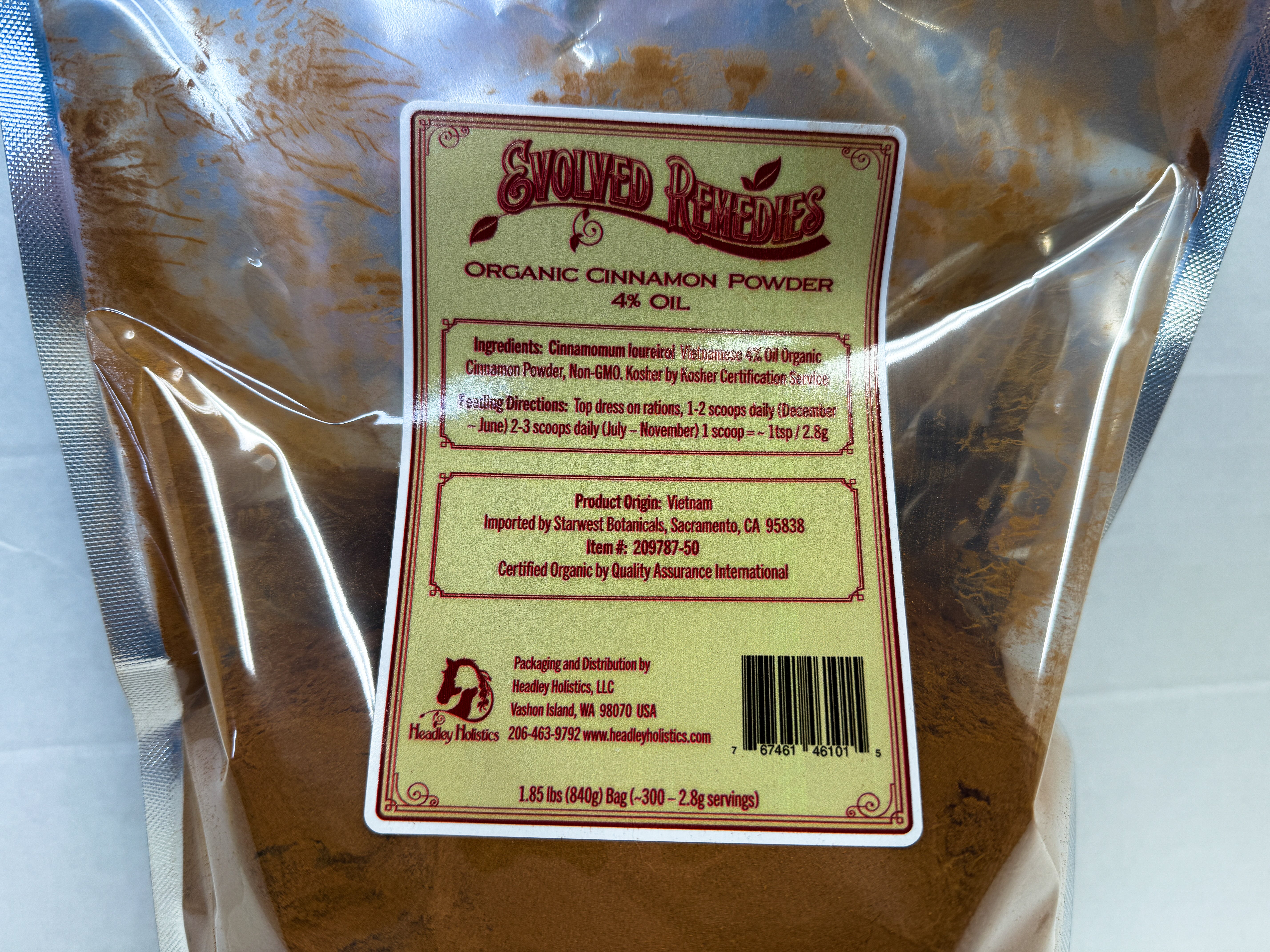
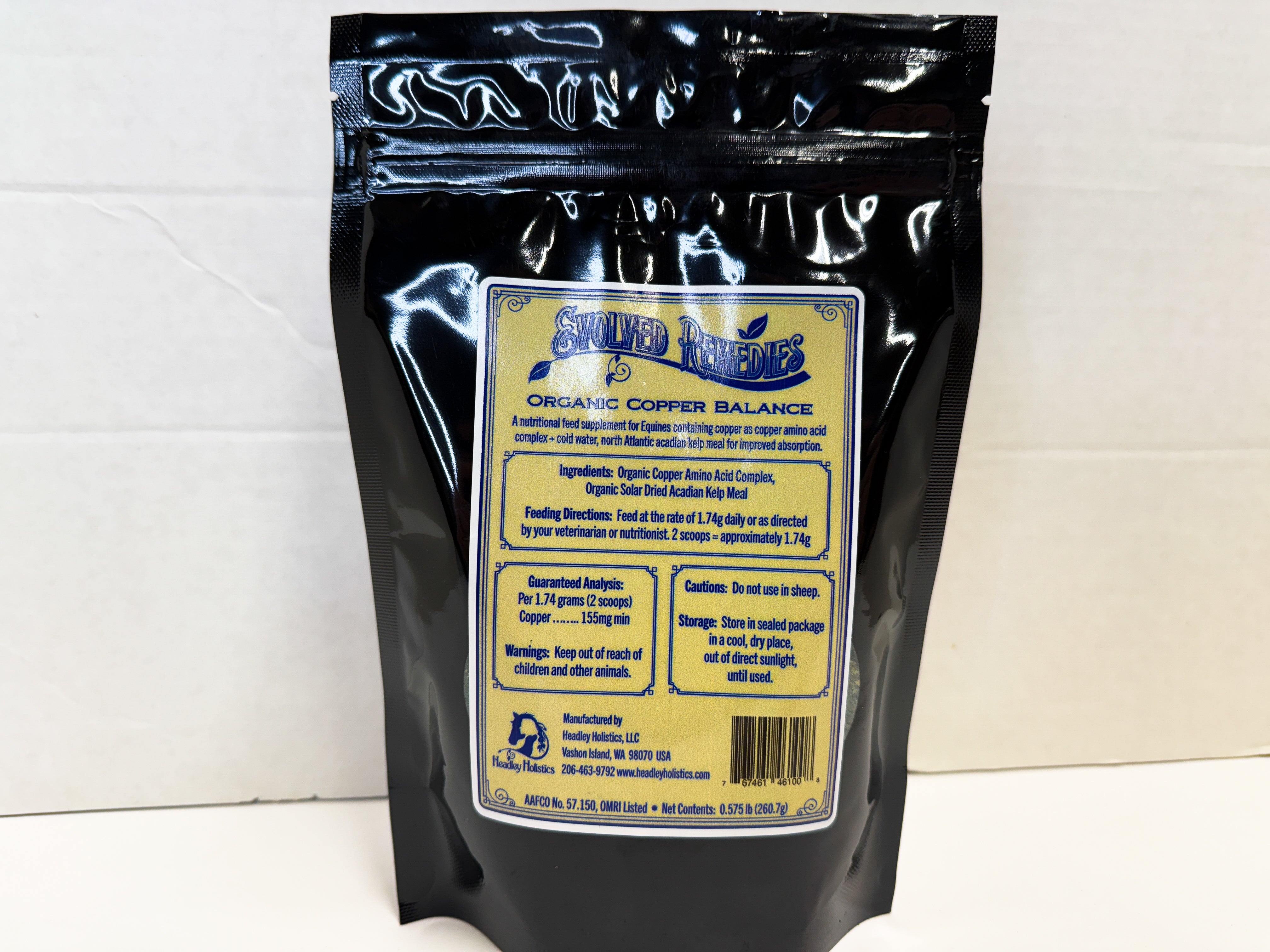
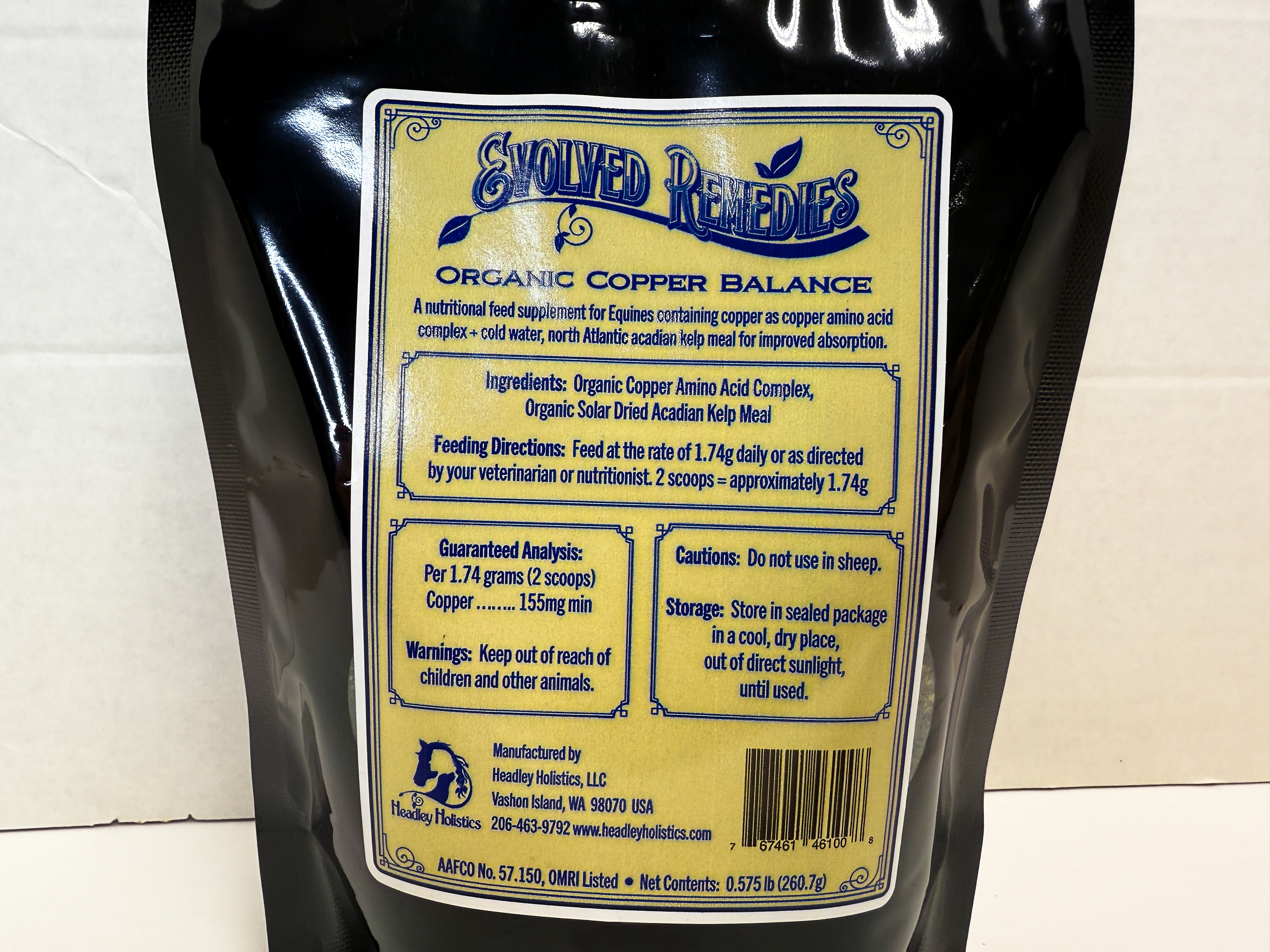
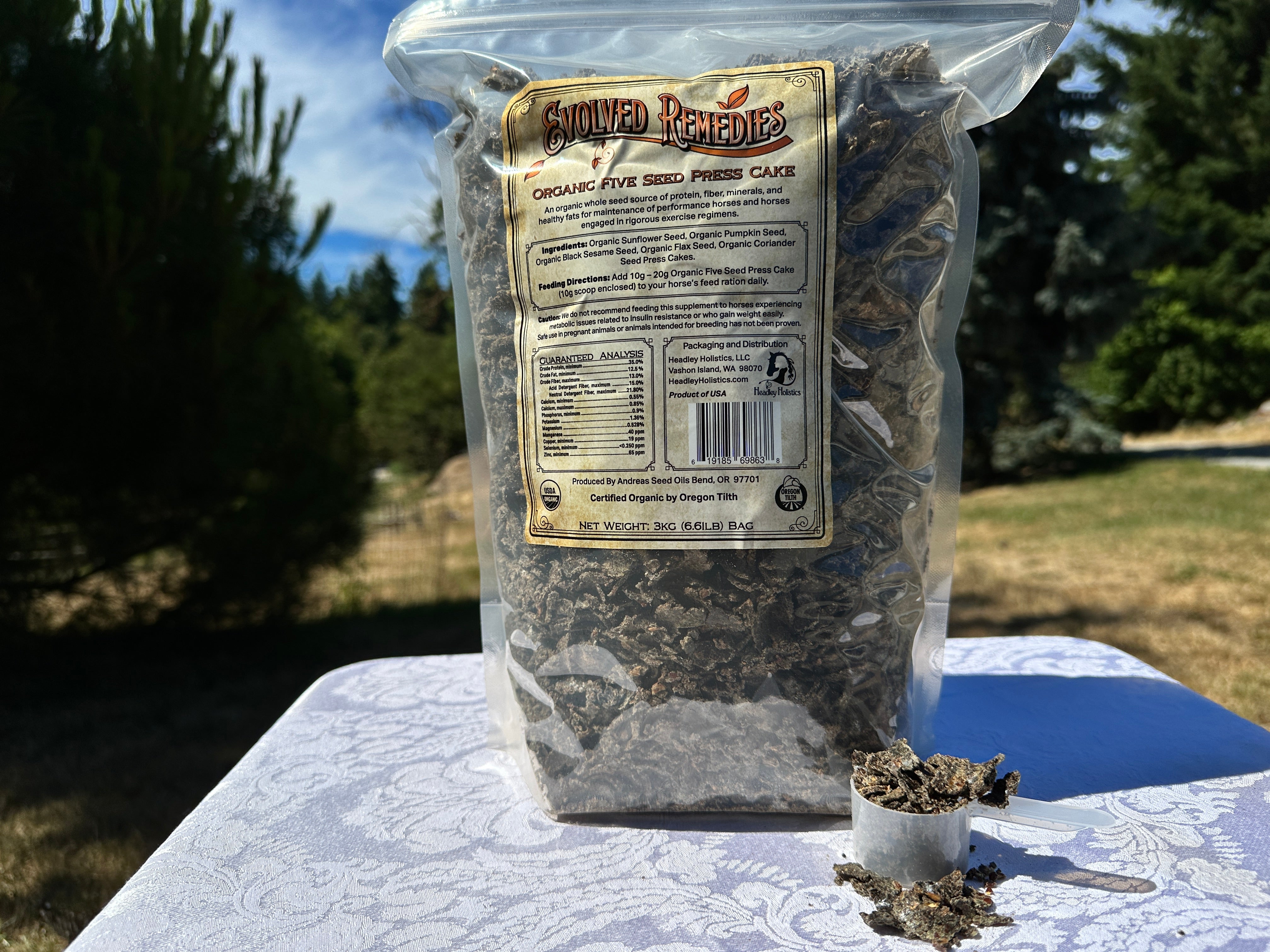
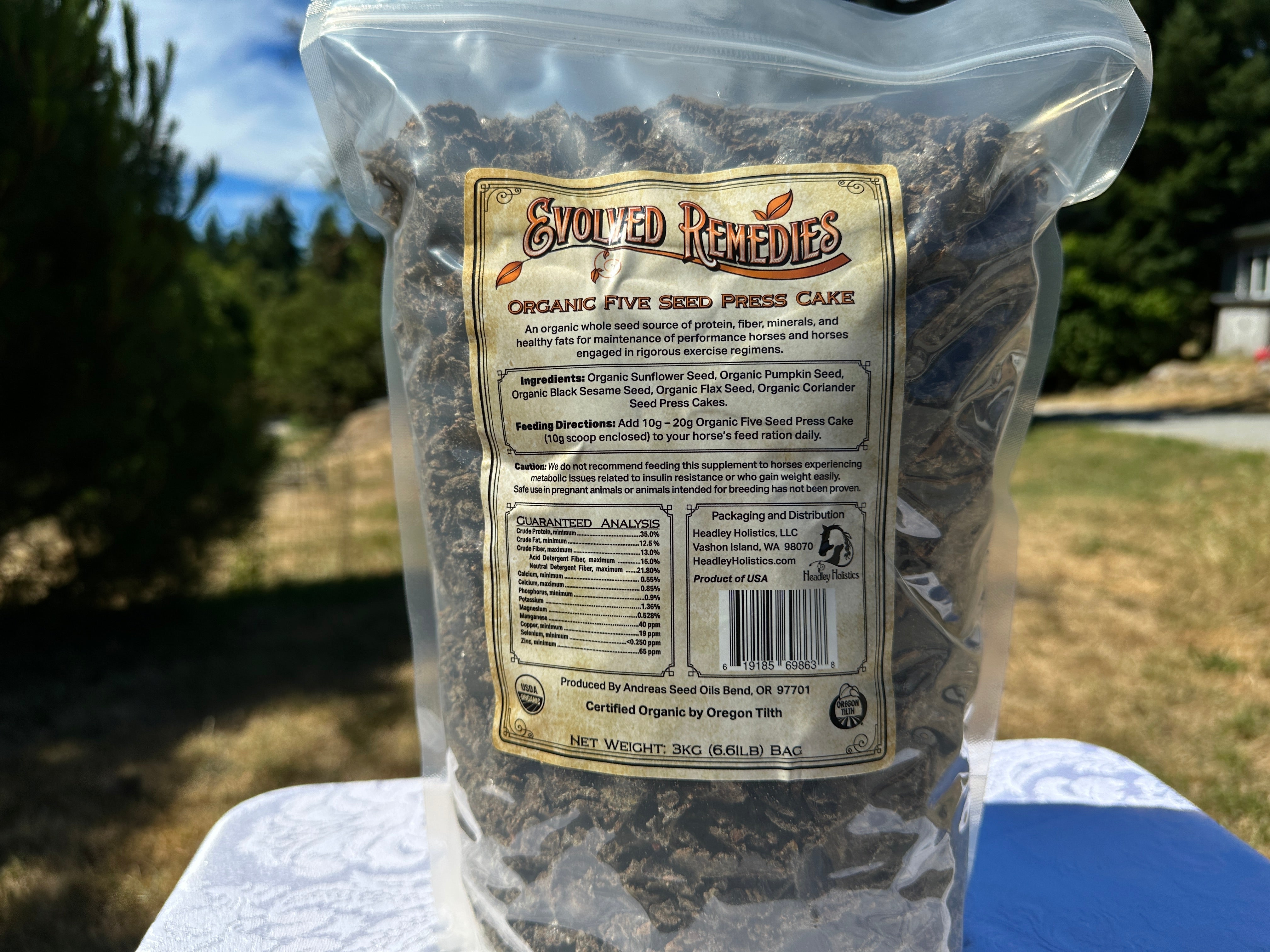
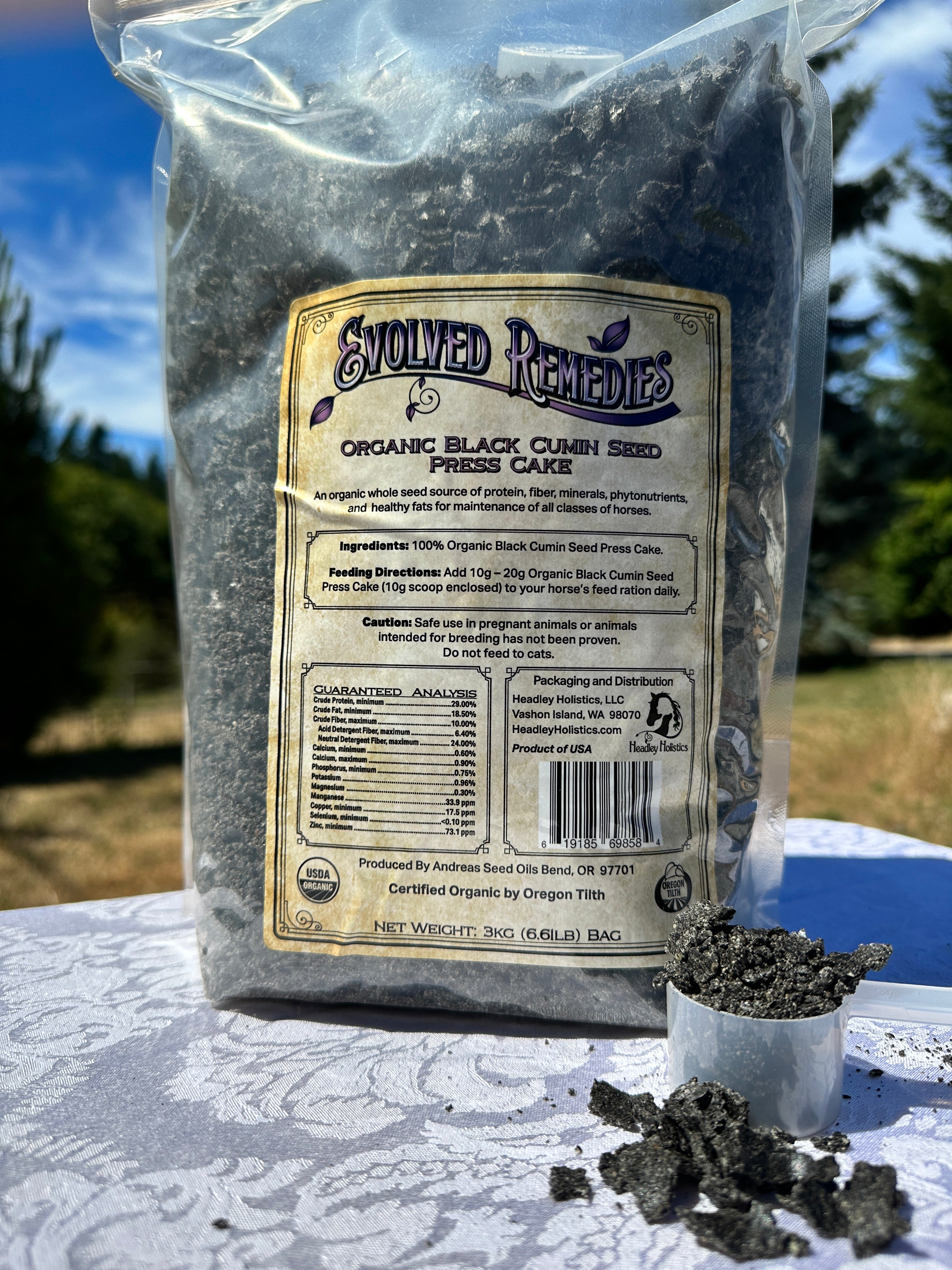
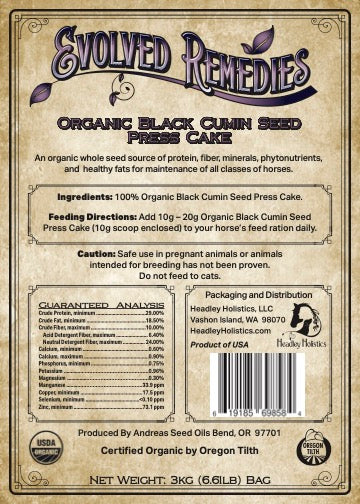
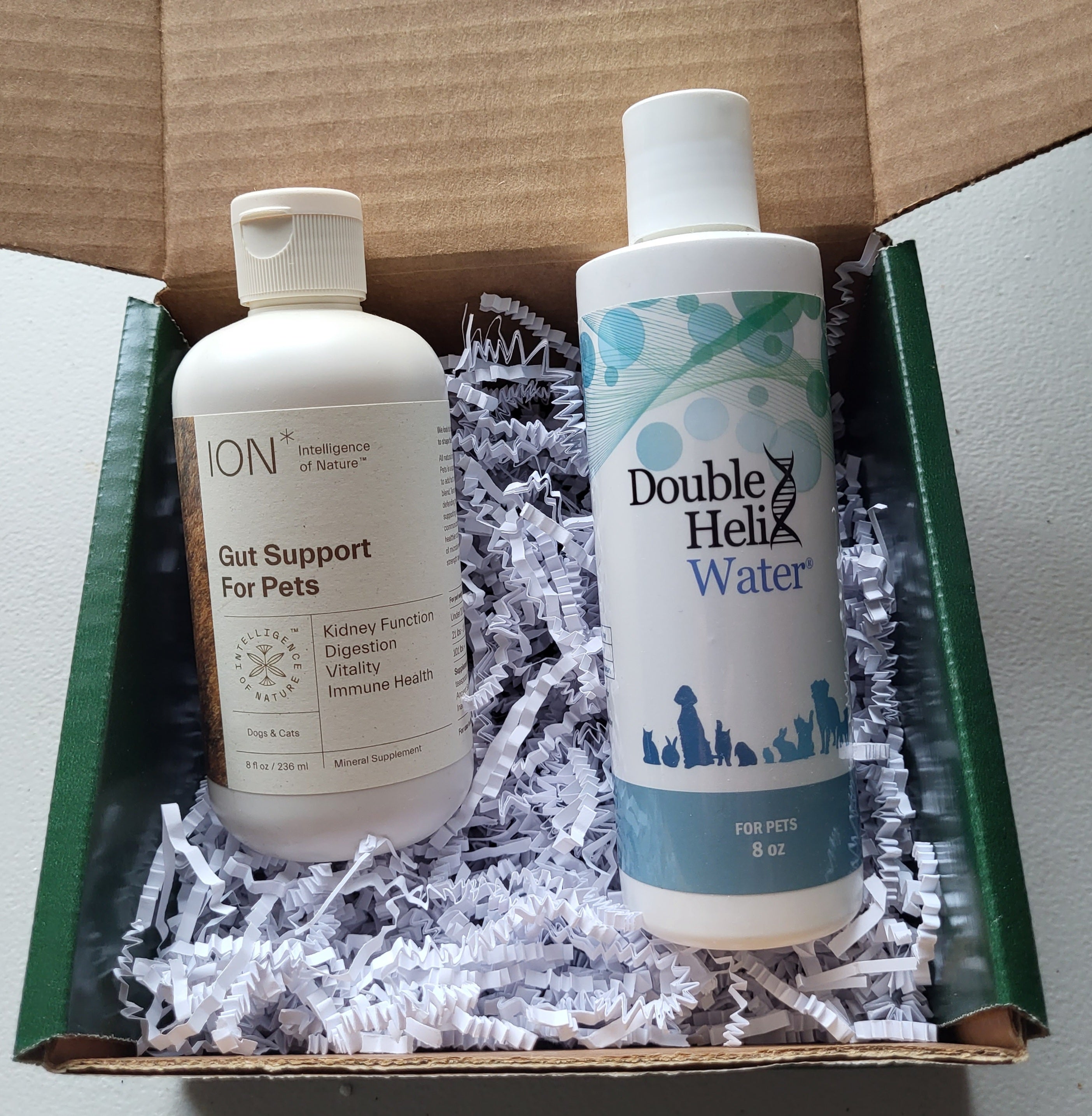
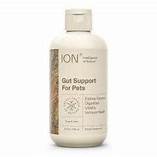
Leave a comment
This site is protected by hCaptcha and the hCaptcha Privacy Policy and Terms of Service apply.